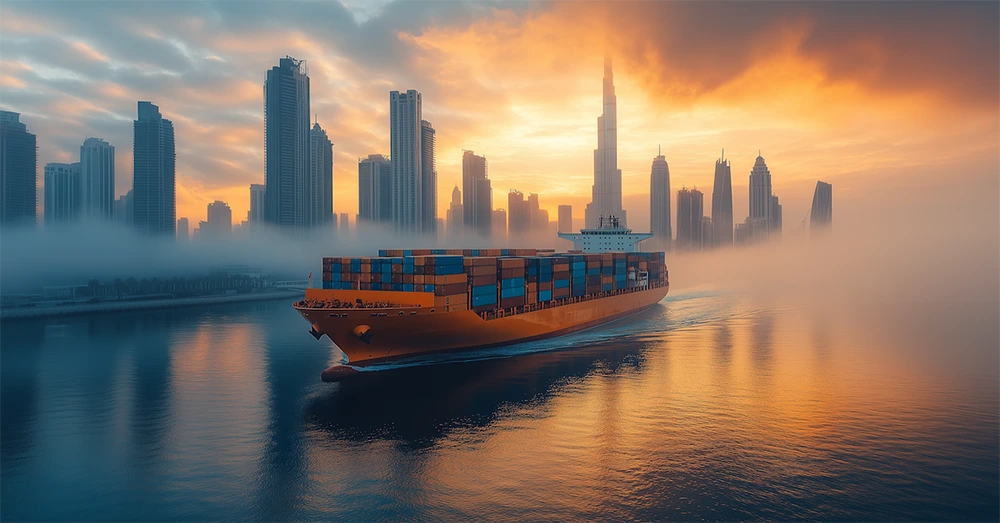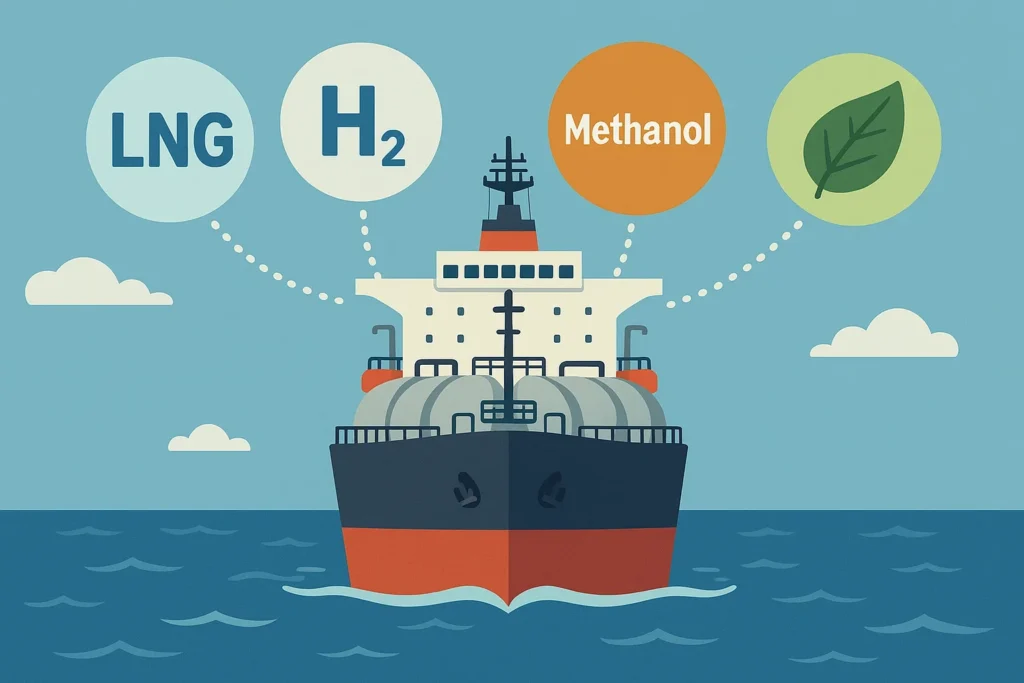Emirates Shipping Congress Recap: Industry Voices on Trade, Energy and Innovation
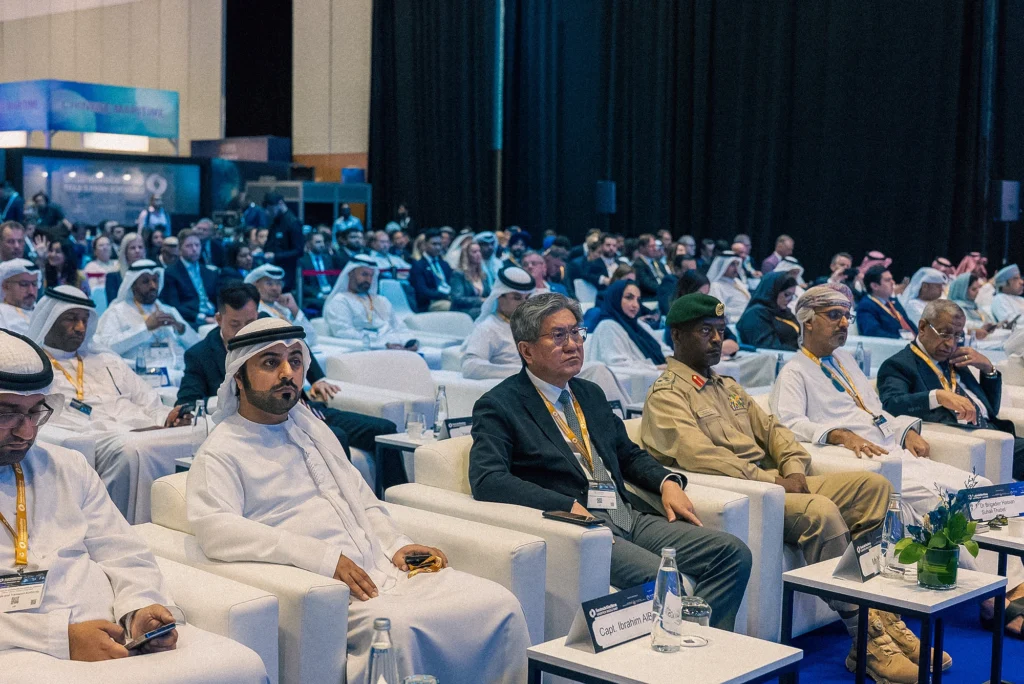
Held under the patronage of the UAE Ministry of Energy and Infrastructure and in collaboration with Seatrade Maritime Logistics Middle East, the Emirates Shipping Congress took place on Tuesday, 6 May — a key event on the opening day of UAE Maritime Week. The event was officially opened by DP World CEO Abdulla Bin Damithan and Seatrade Maritime’s Chris Morley.
Hosted by Emirates Shipping Association, the Congress brought together leaders from across the global maritime sector for three focused panel discussions on trade risks, the energy transition, and digital transformation via satellite connectivity.
Capt. Abdulkareem Al Masabi, Chairman of Emirates Shipping Association, opened the session with remarks that set the tone for a series of open, honest discussions on the challenges and opportunities facing the industry today — from disruption and decarbonisation to fast-moving tech.
Here are the key takeaways from each panel:
Panel 1: Risks to Global Trade
Panellists:
- Villem Vermaat, Shipping Director, Heidelberg Materials
- Daniel Wright, Croup COO, Gulftainer
- Capt. Anwar Farah, Board Member, MACN, VP, Sustainability and Governance, Risk and Compliance, Bahri
- Moderator: Richard Henry Strub, Partner, HFW
This panel explored the growing fragility of global maritime trade, citing rising risks from ageing fleets, underinsurance, and the emergence of “dark fleets”. Speakers debated the paradox of disruption – dangerous, yet often a trigger for innovation and profit. One standout notenoted that China built more ships in 2024 than the US has since World War II. The discussion also touched on decarbonisation, including CII and GHG targets, and the reminder that while shipping produces only 3% of global emissions, it moves a third of the world’s energy.
Key Insights:
- Global trade relies on safe, regulated, and insured fleets.
- Disruption – whether geopolitical or environmental – could reshape markets.
- Shipping’s emissions are relatively low, but its global impact is high.
Panel 2: Moving the World’s Energy
Panellists:
- Daejin Lee, Global Head of Research, Fertistream Freight
- Katie Lea, Director of Culture and Engagement, V.Group
- Capt. Dheeraj Sharma, VP, Regional Business Development, MEA
- Anuj Garg, Associate Director, Principal Shipping Research Analyst
- Moderator: Raal Harris, Chief Creative Officer, OCEAN Technologies Group
Panellists agreed that shipping will play a key role in the energy transition, but warned of significant obstacles ahead. LNG remains the most viable short-term fuel, with methanol adoption on the rise. Ammonia, however, was seen as less practical due to inefficiencies and safety concerns. There was deep discussion around carbon pricing under new MEPC83 measures and whether the sector is financially and logistically ready for multi-fuel infrastructure, especially when green energy production and consumption are often separated by oceans. One critical point: building “green” ships won’t deliver real impact unless the broader shipbuilding process becomes more sustainable.
Key Insights:
- LNG is the current frontrunner; ammonia faces major barriers.
- Infrastructure and investment must keep pace with regulation.
- Reducing emissions means rethinking the whole supply chain, not just the vessel.
Panel 3: Navigating the Digital Seas
Panellists:
- Nabil Ben Soussia, Group CCO, IEC Telecom
- Jassem Nasser, Chief Business Development Officer, Space42
- Lee Drinkwater, Strategic Advisor, Hefring Marine / CEO, AS2 Systems
- Moderator: Capt. Yazad Boomla, General Manager, Synergy Group
This session focused on maritime communications and autonomy. Satellite remains essential due to global vessel movement, but hybrid systems combining LEO, GEO, cellular, and Wi-Fi are improving coverage and reliability. Jassem Nasser outlined four key priorities: increasing capacity, hybrid connectivity, cybersecurity, and integrated IT support. As satellite providers shift toward becoming full-service tech partners, the industry is moving toward smarter, real-time fleet management. Lee Drinkwater spoke on maritime autonomy, noting real-world applications remain limited, especially in high-traffic areas. A major concern raised was cybersecurity, where compromised data could severely impact automated operations.
Key Insights:
- Hybrid networks are enabling more efficient, data-driven vessel operations.
- Full maritime autonomy is still in its early stages.
- Cybersecurity is critical to protect digital and automated systems.
A special thanks to all our panellists and moderators for their insights and contribution, and to everyone who attended. We look forward to keeping the conversation going and working together to move the industry forward.
Closing Thoughts
Across all three panels, one message stood out: the maritime industry must adapt—and with that comes opportunity. Whether it’s rethinking decarbonisation, investing in digital infrastructure, or addressing new security risks, collaboration and clear direction are more important than ever.
Anders Østergaard, Secretary General of Emirates Shipping Association, closed the Congress by highlighting the value of connection: “We’re all in the same boat, headed toward the same horizon. This week reminded us how important it is to stay connected with our maritime family and move forward together.”
Huma Qureshi, General Manager of Emirates Shipping Association, added: “These conversations aren’t just about immediate challenges—they’re about shaping the UAE’s long-term position as a global maritime hub.”
As Emirates Shipping Association continues to unite voices from across the sector, the Congress reinforced the need for open dialogue, practical solutions, and shared commitment.
The event concluded with a networking session, bringing together panellists and Association members to continue the discussion and strengthen industry connections.
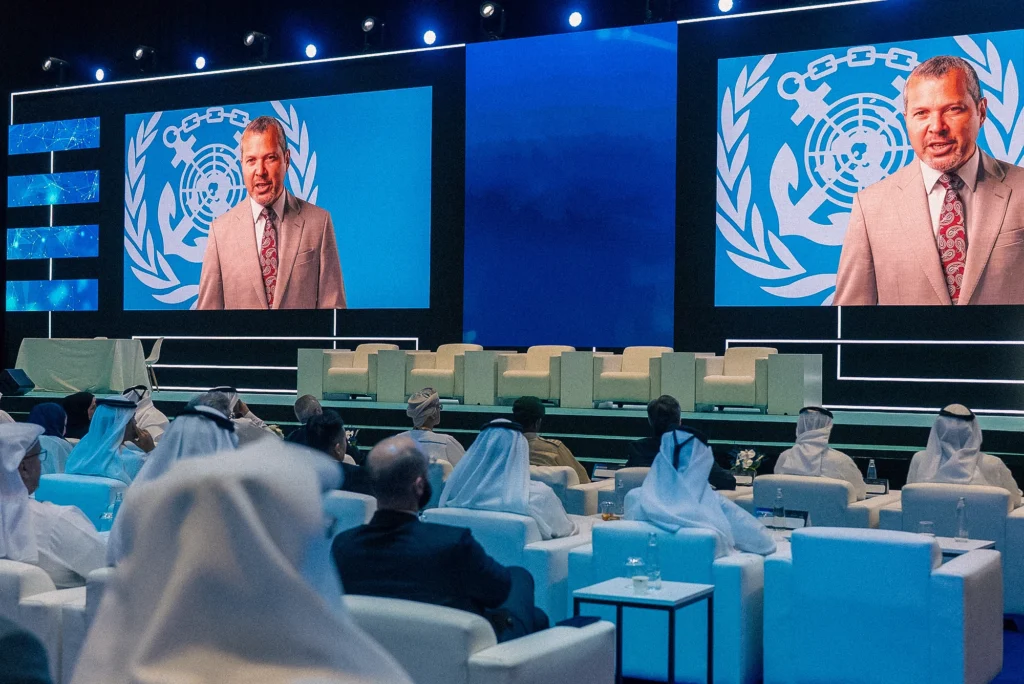
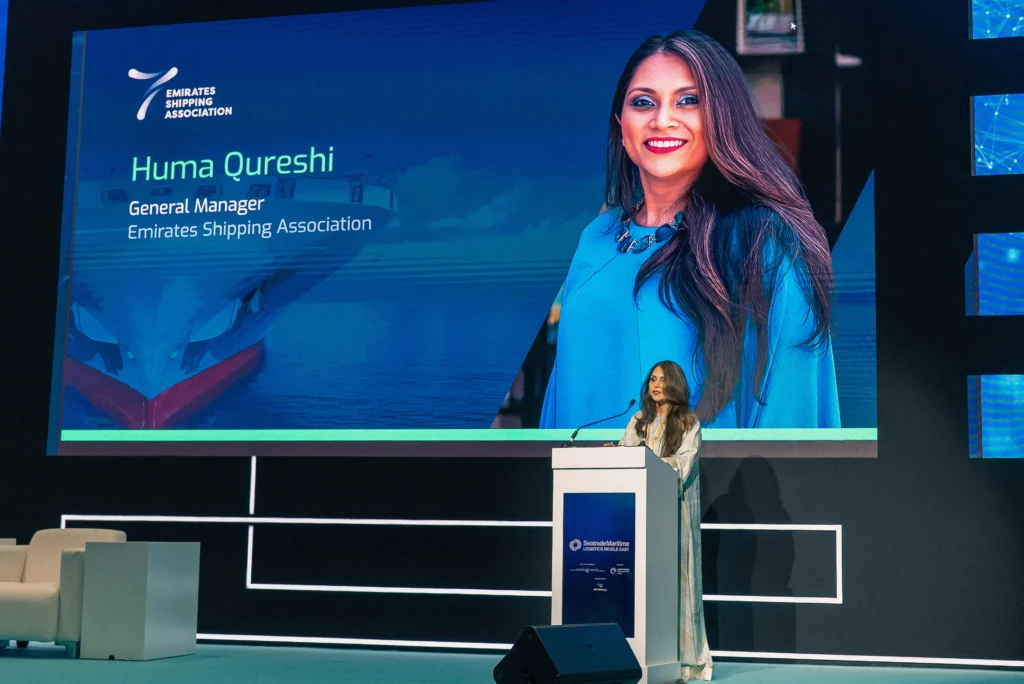
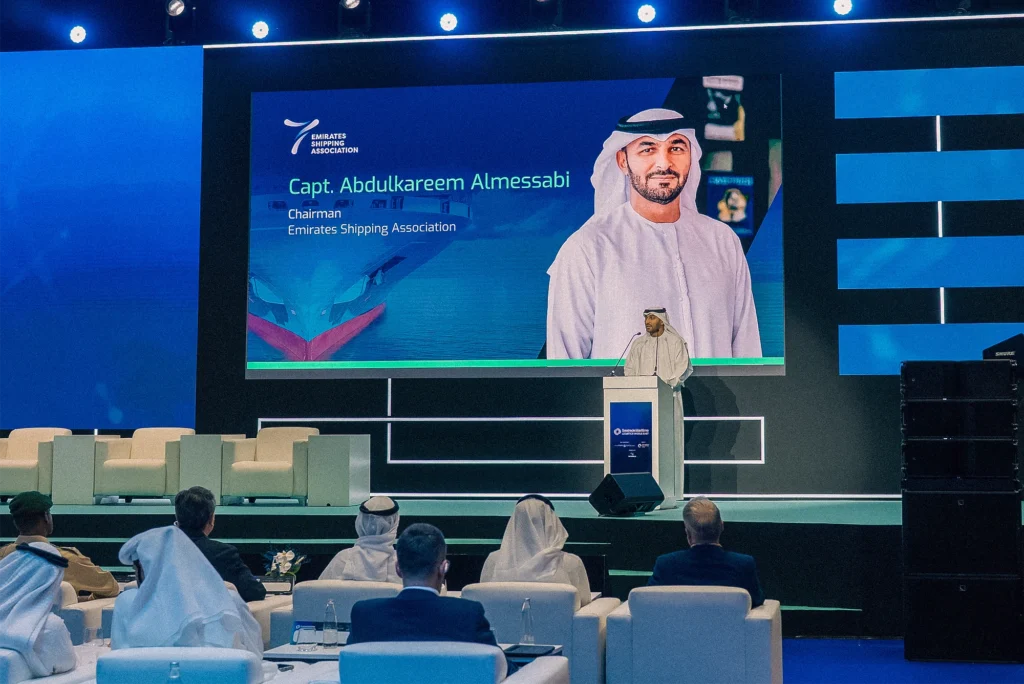
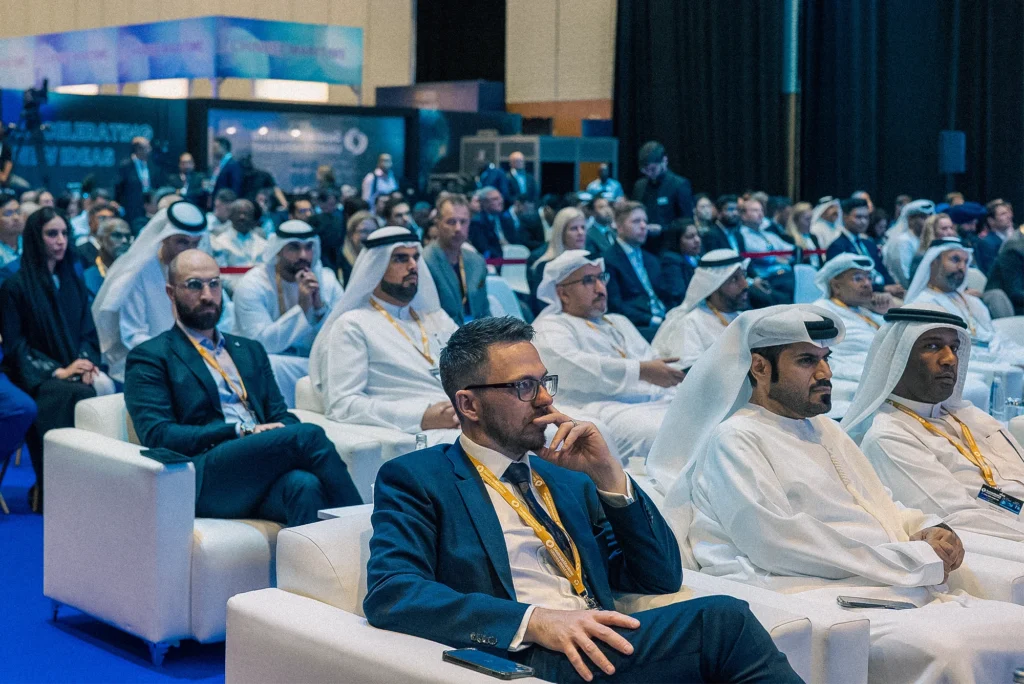
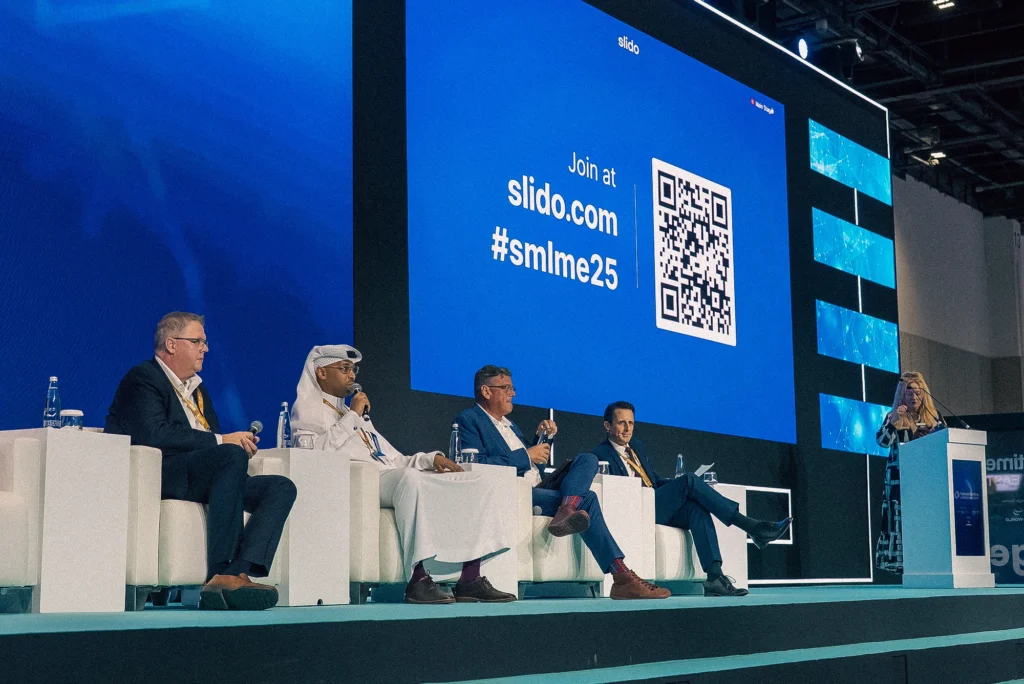
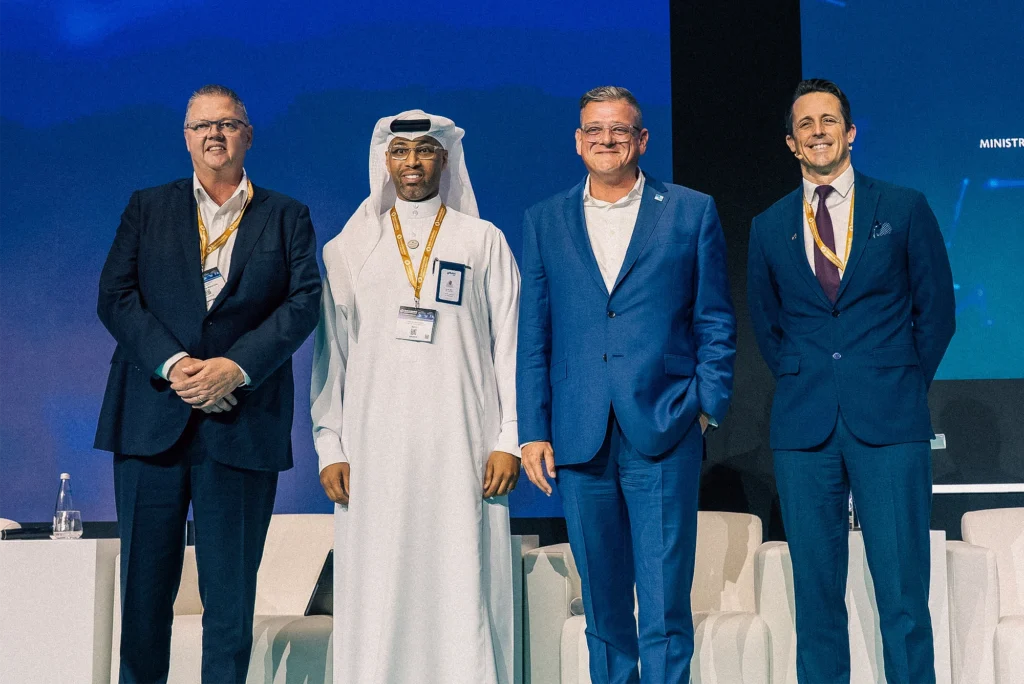
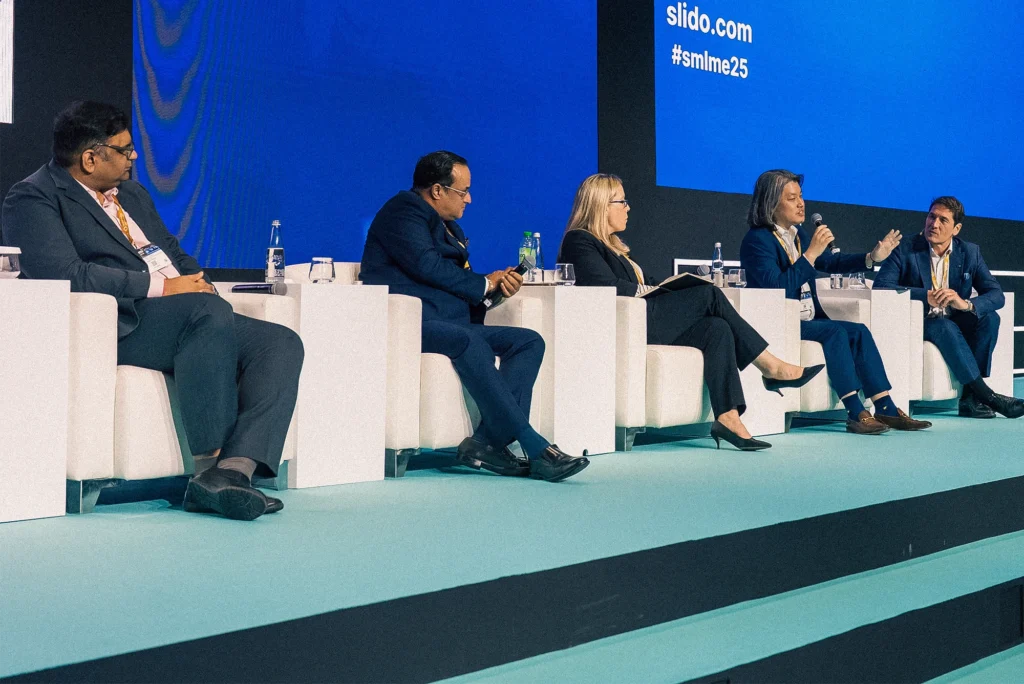
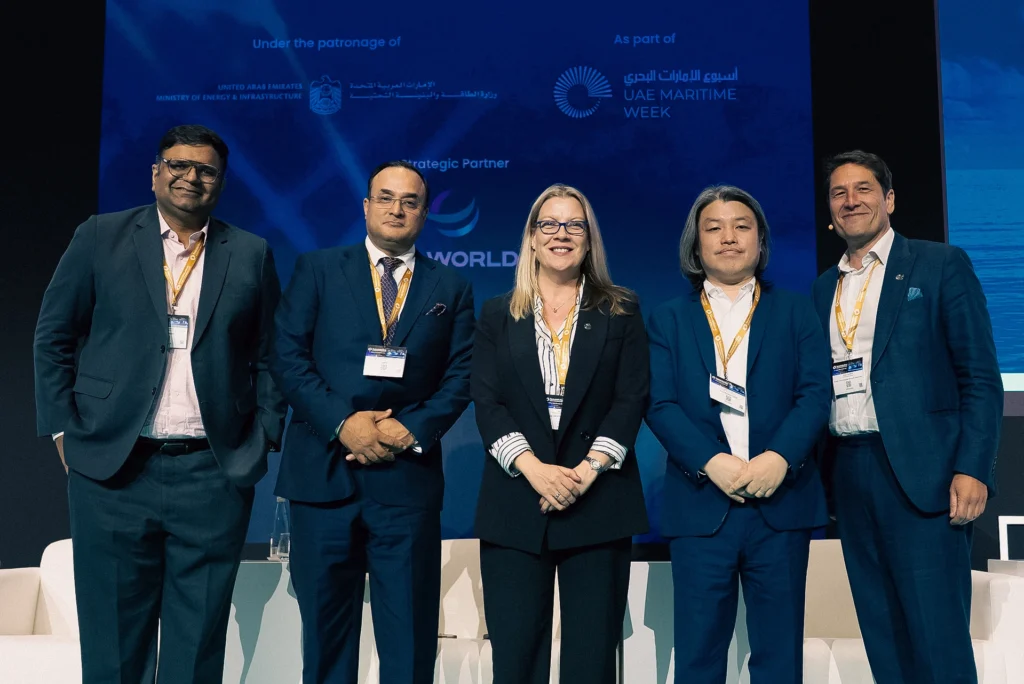
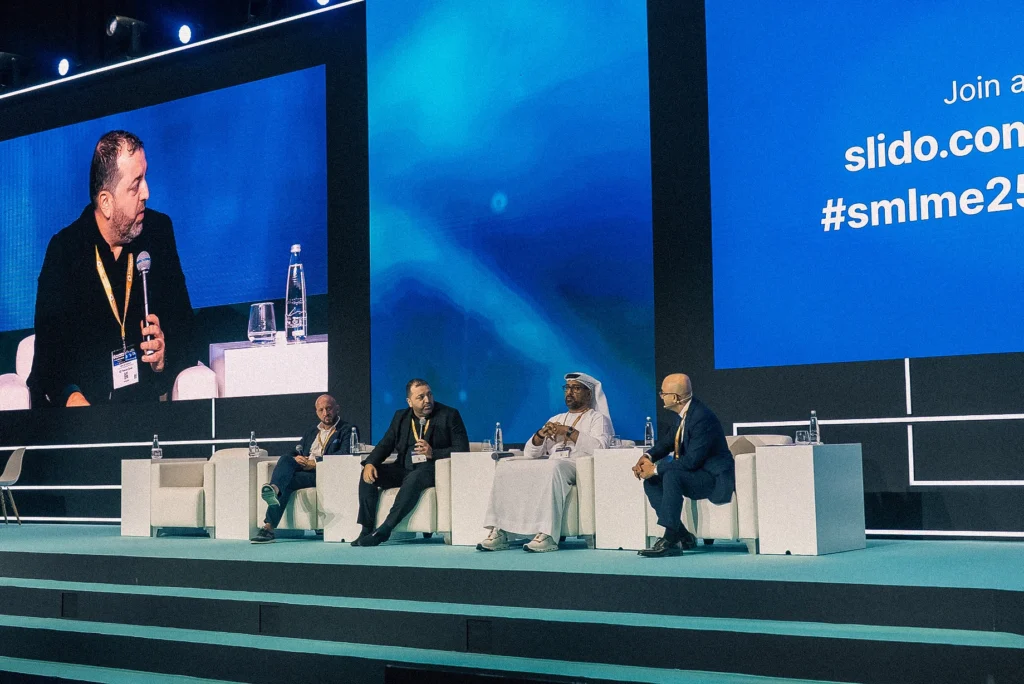
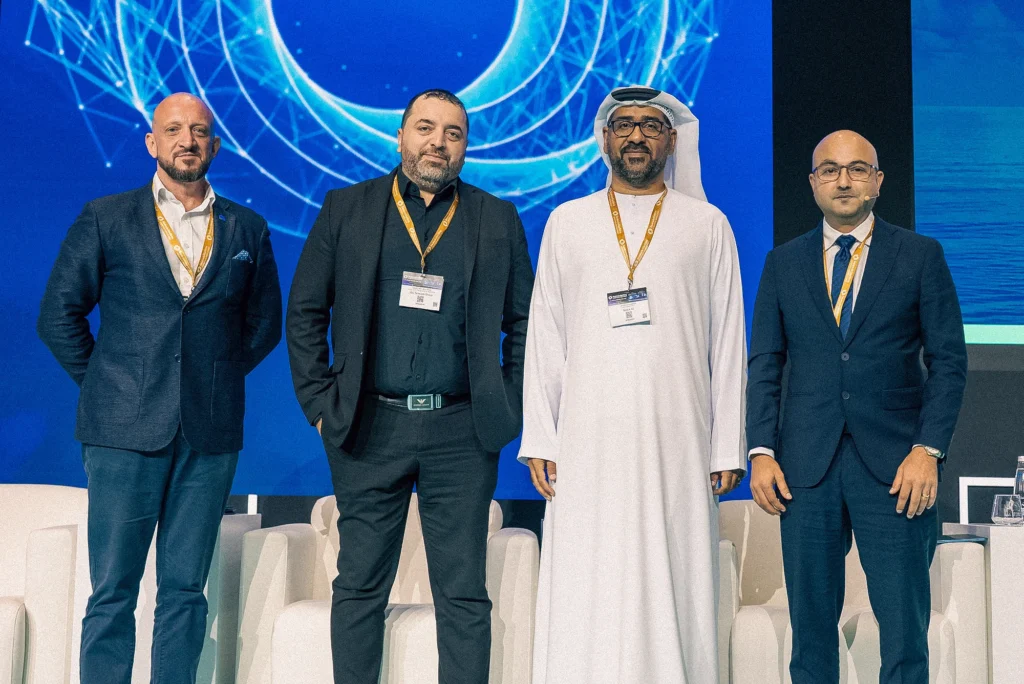
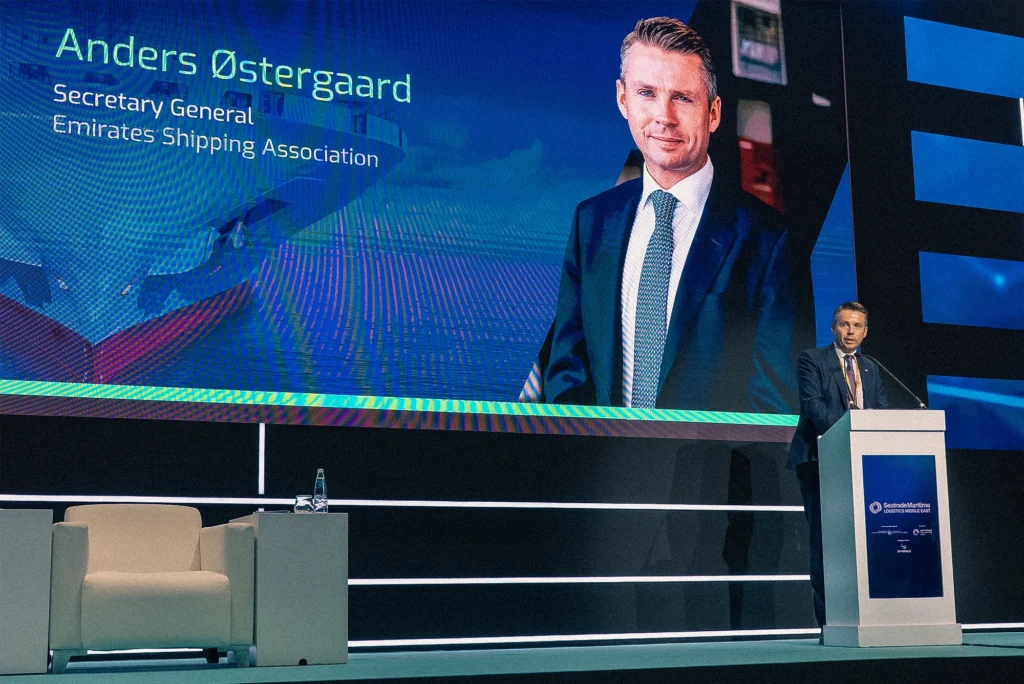
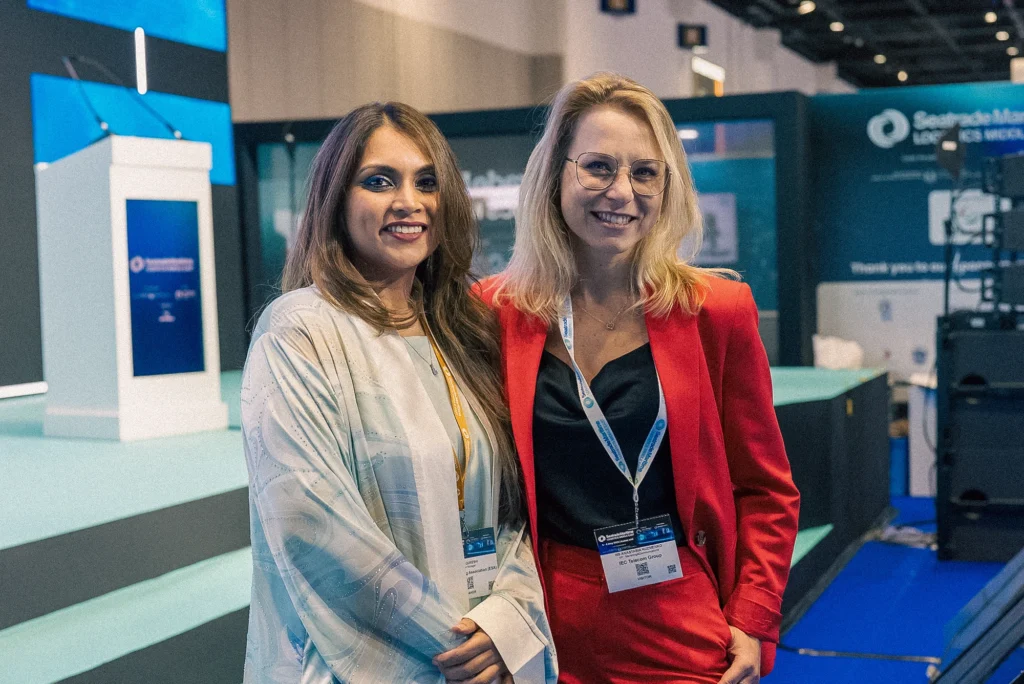
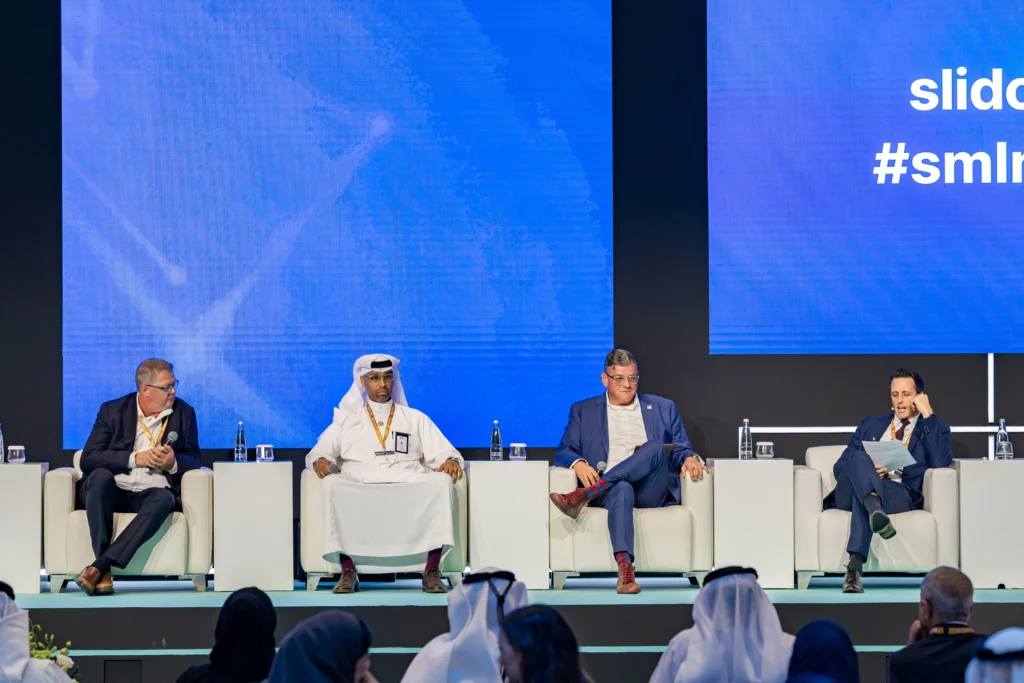
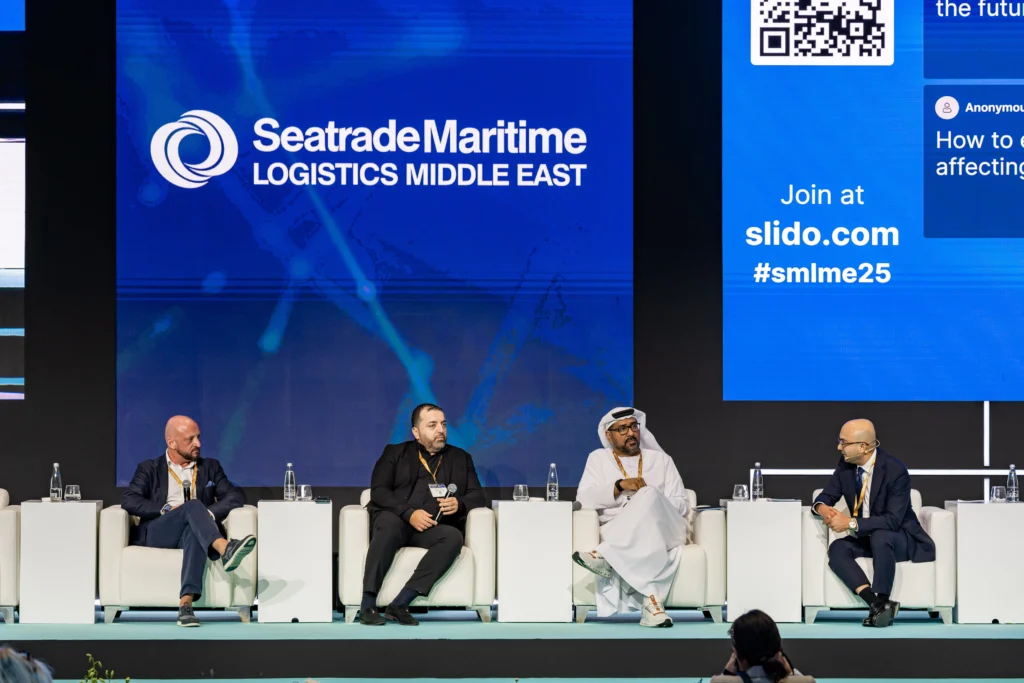
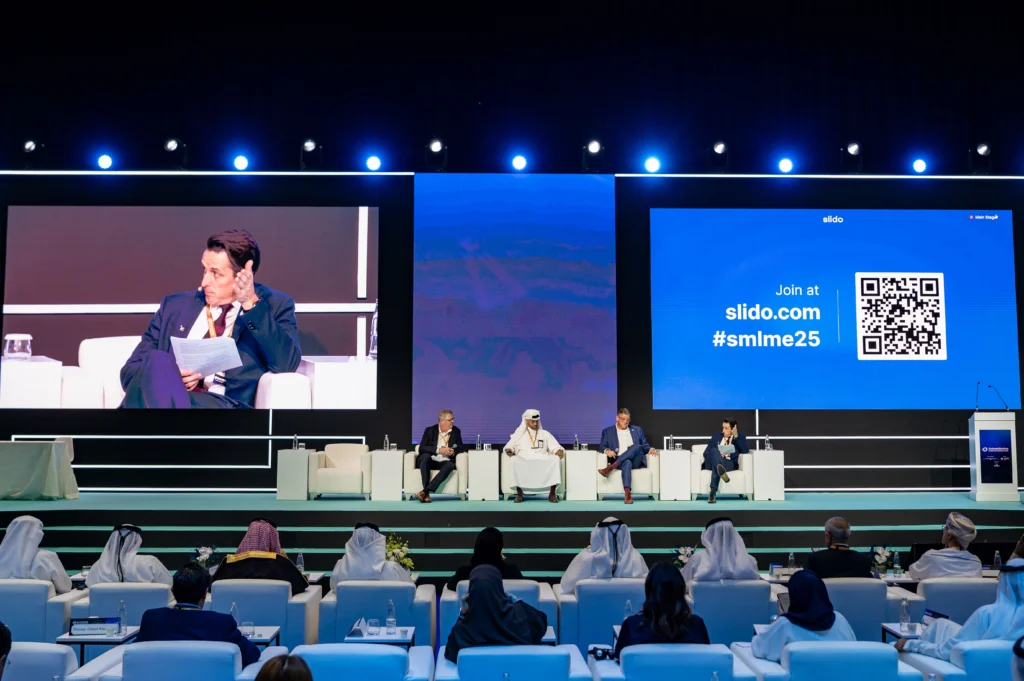
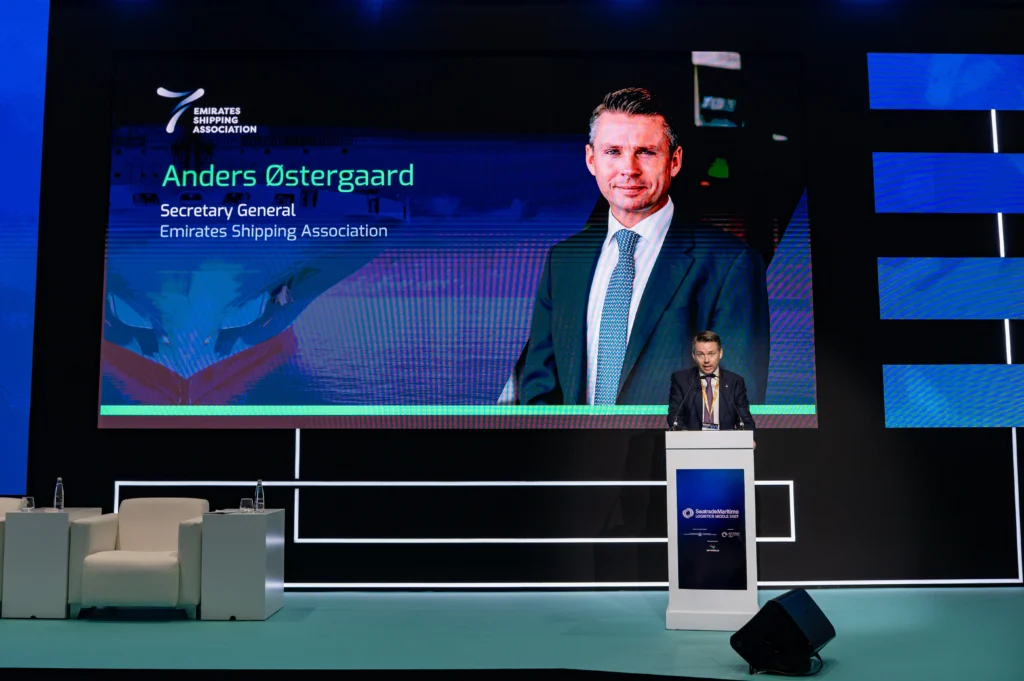
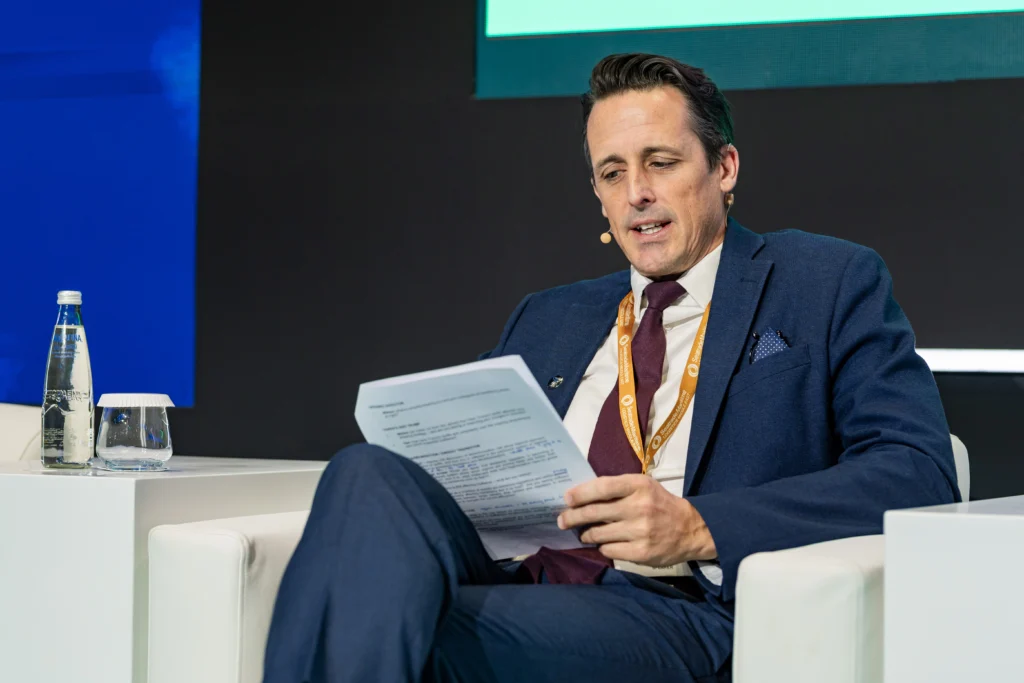
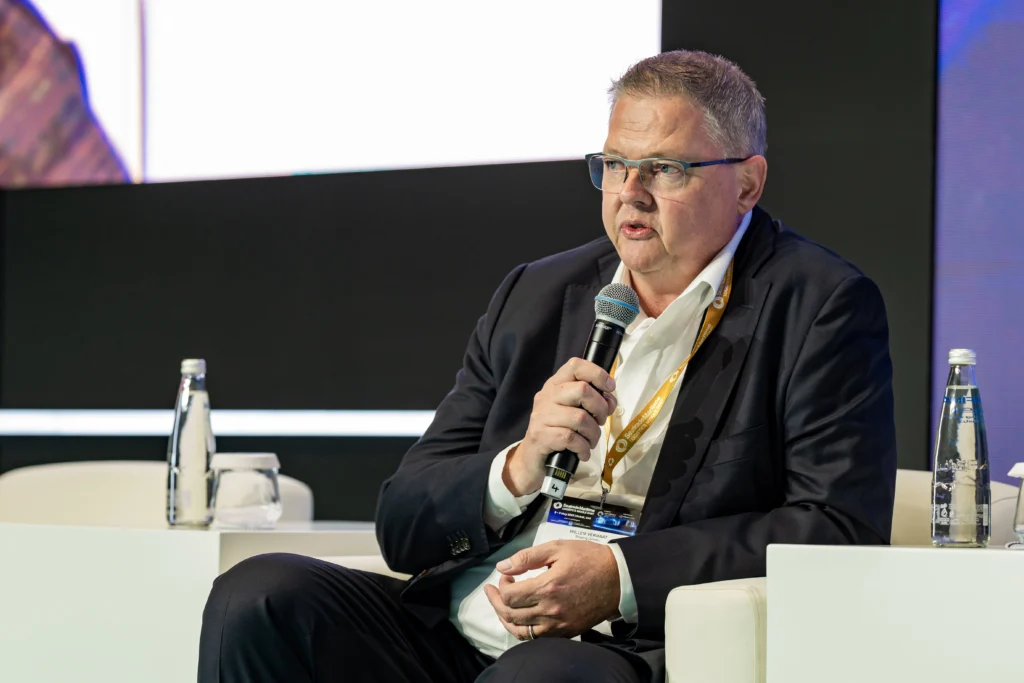
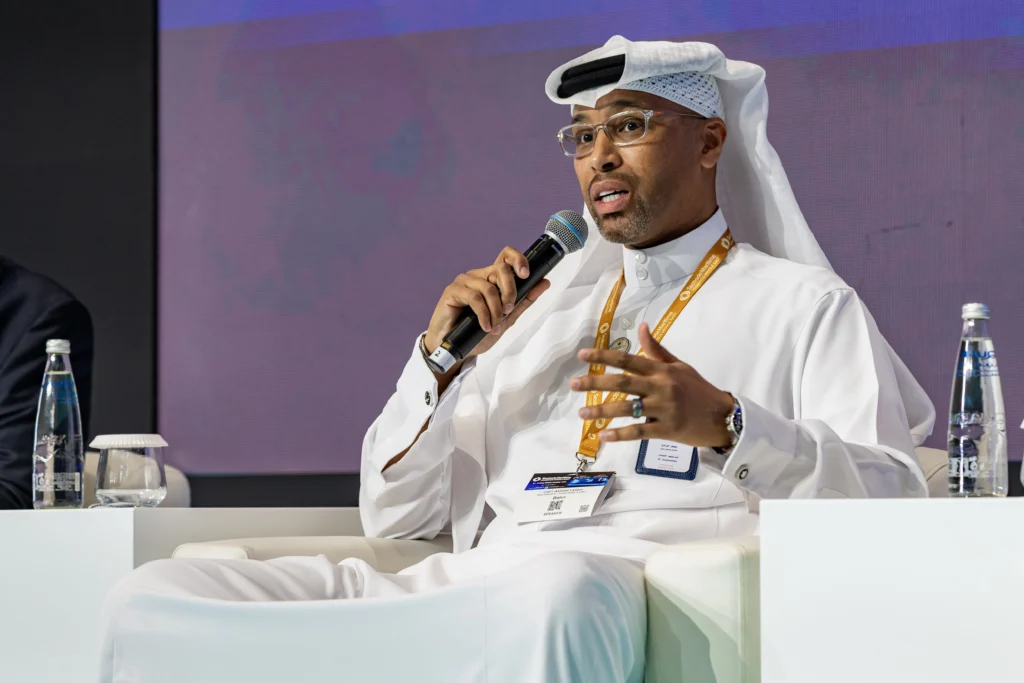
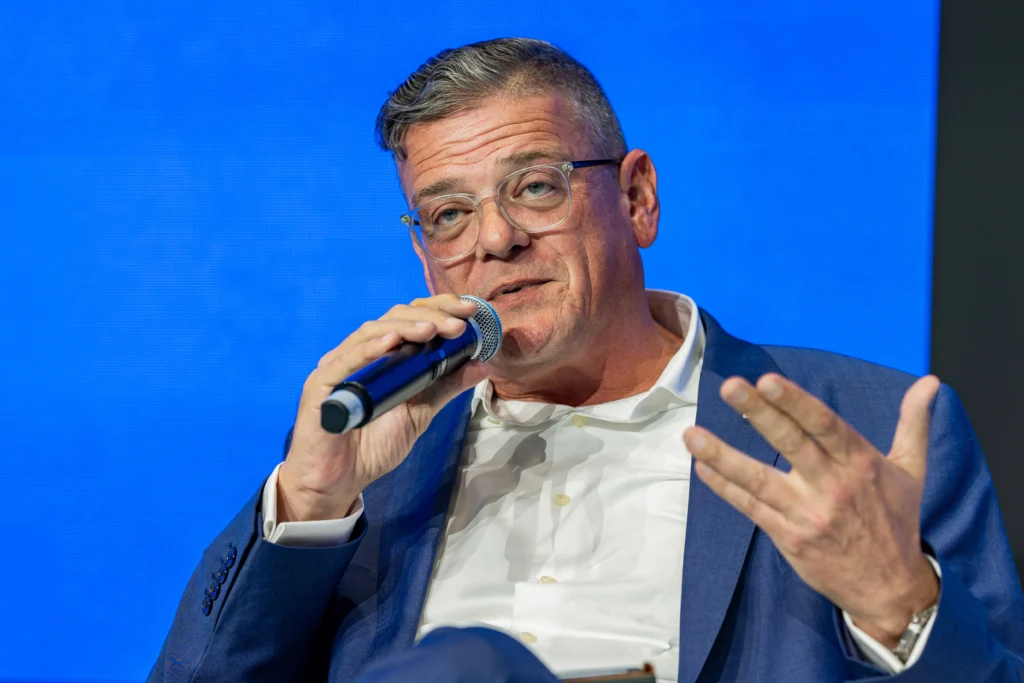
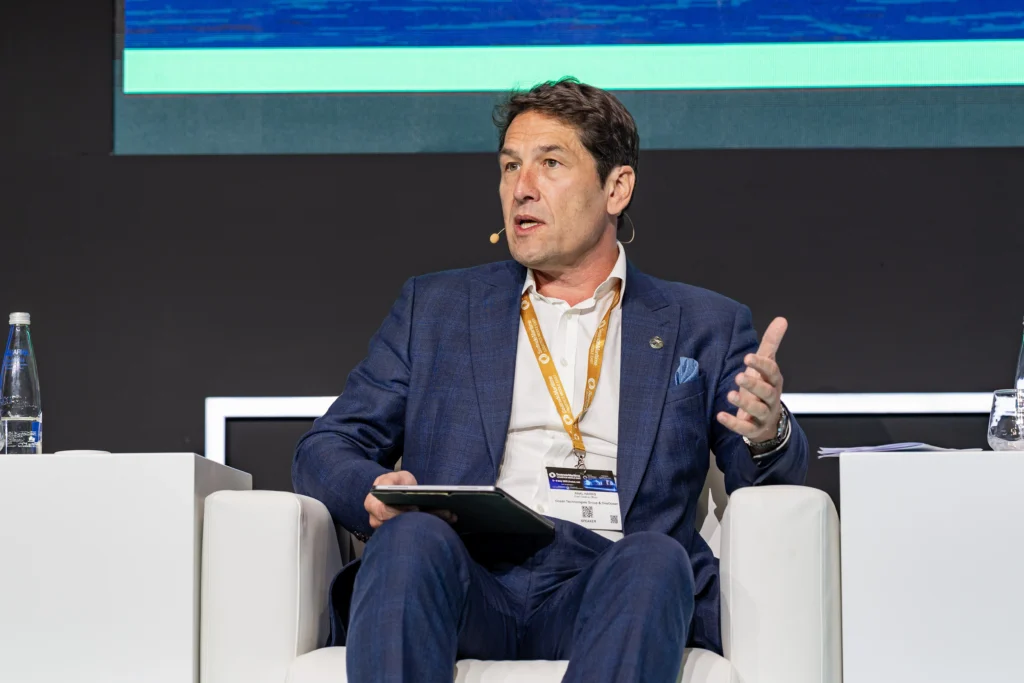
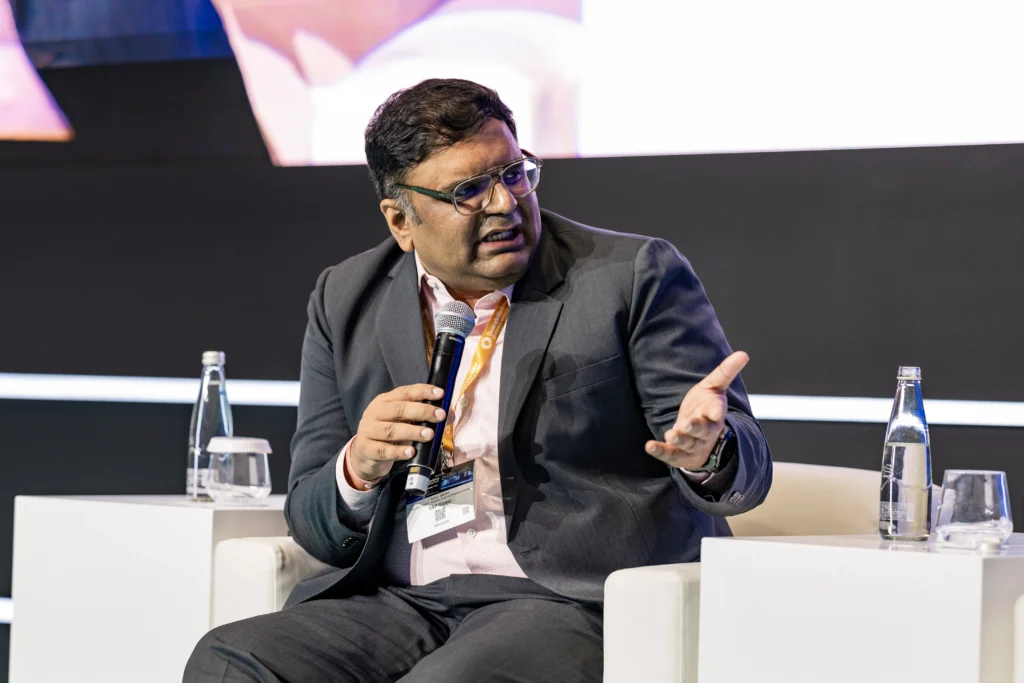
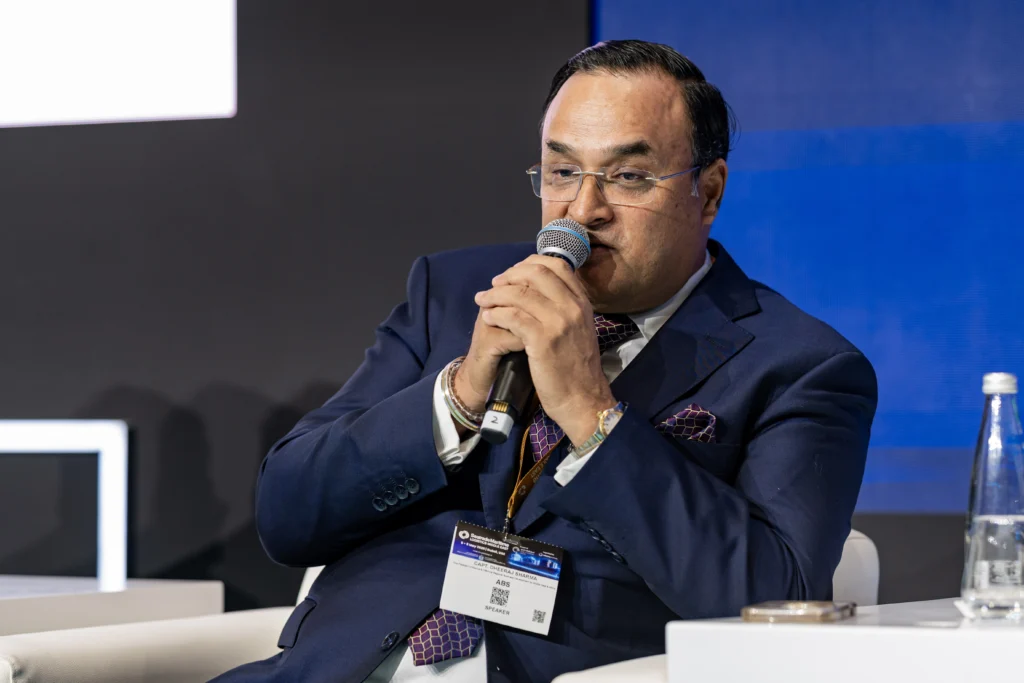
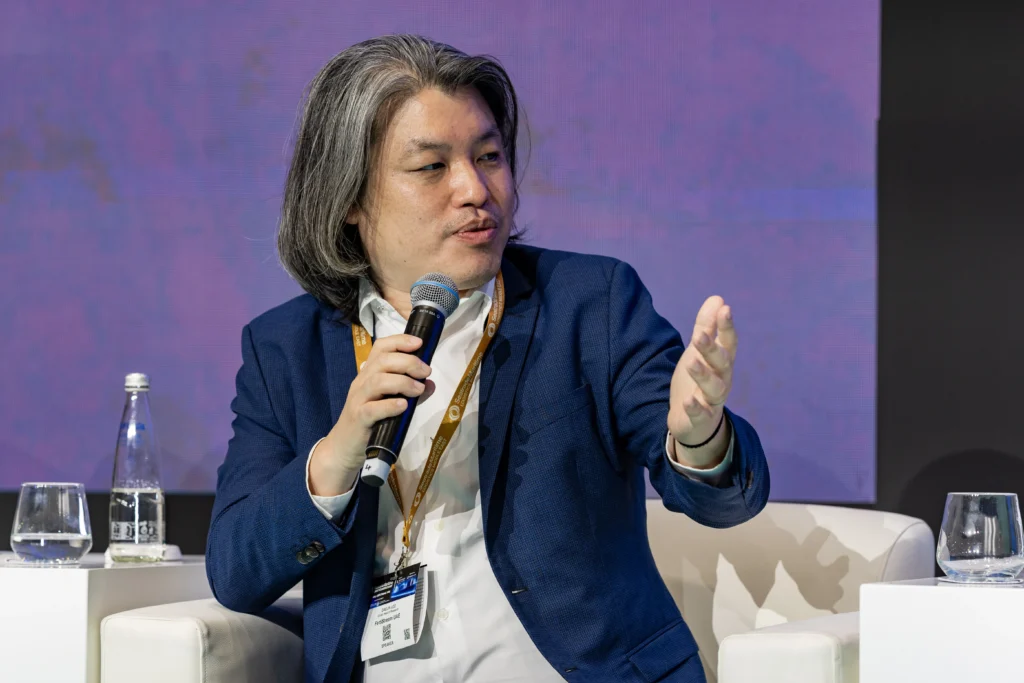
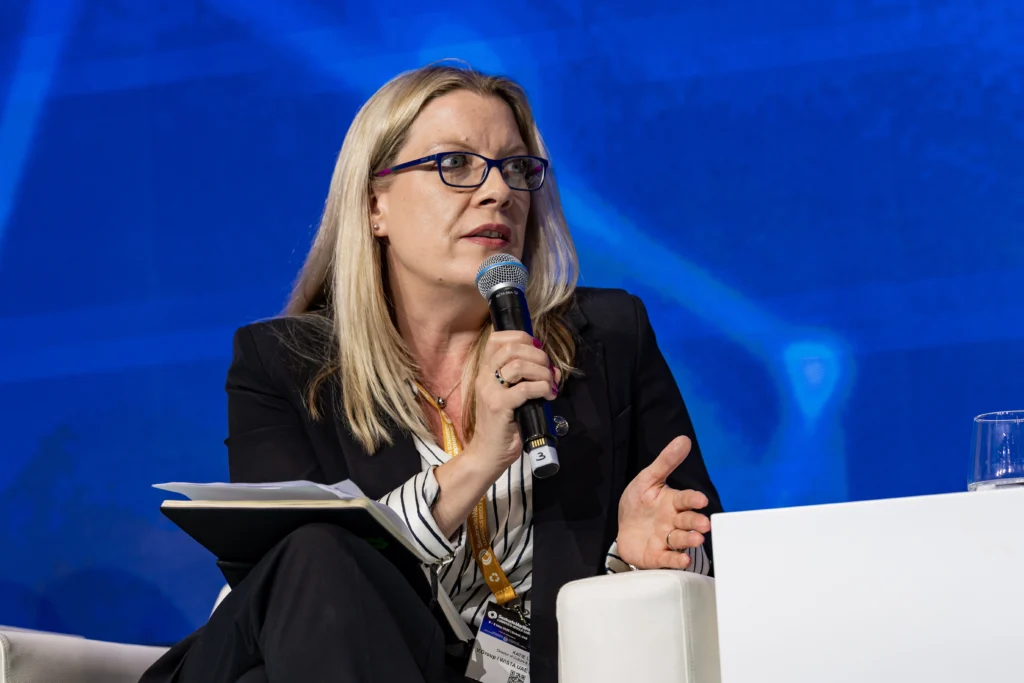
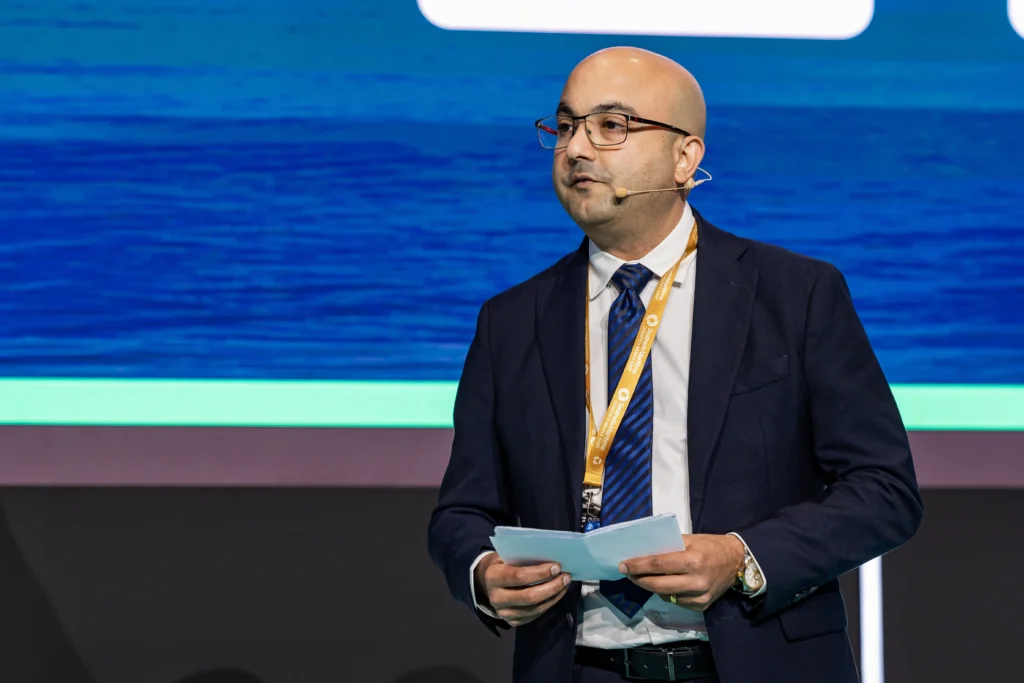
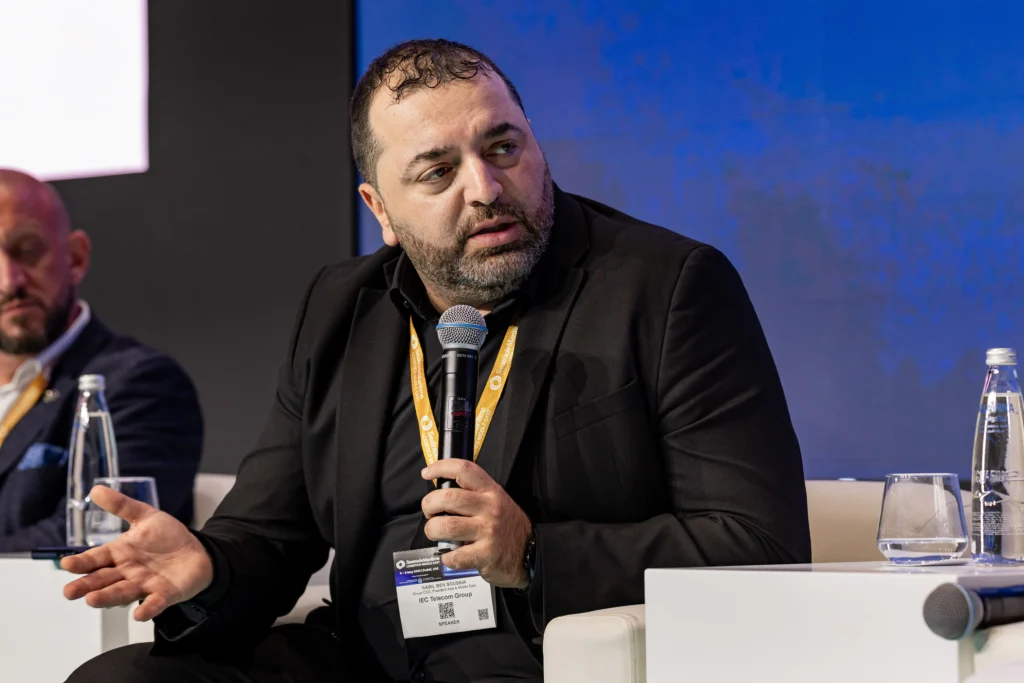
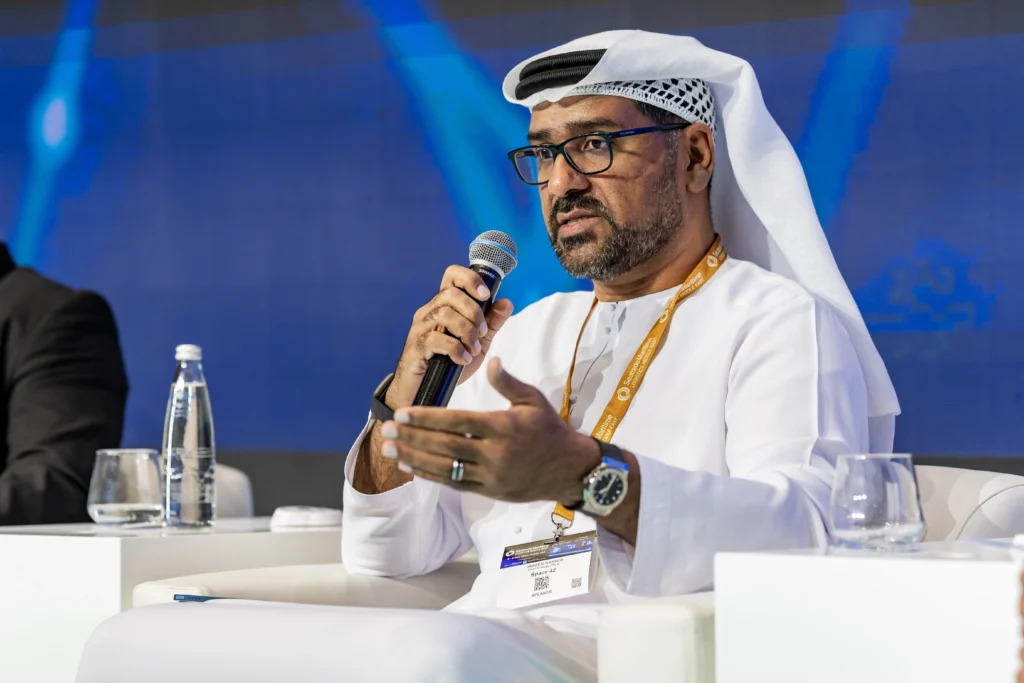
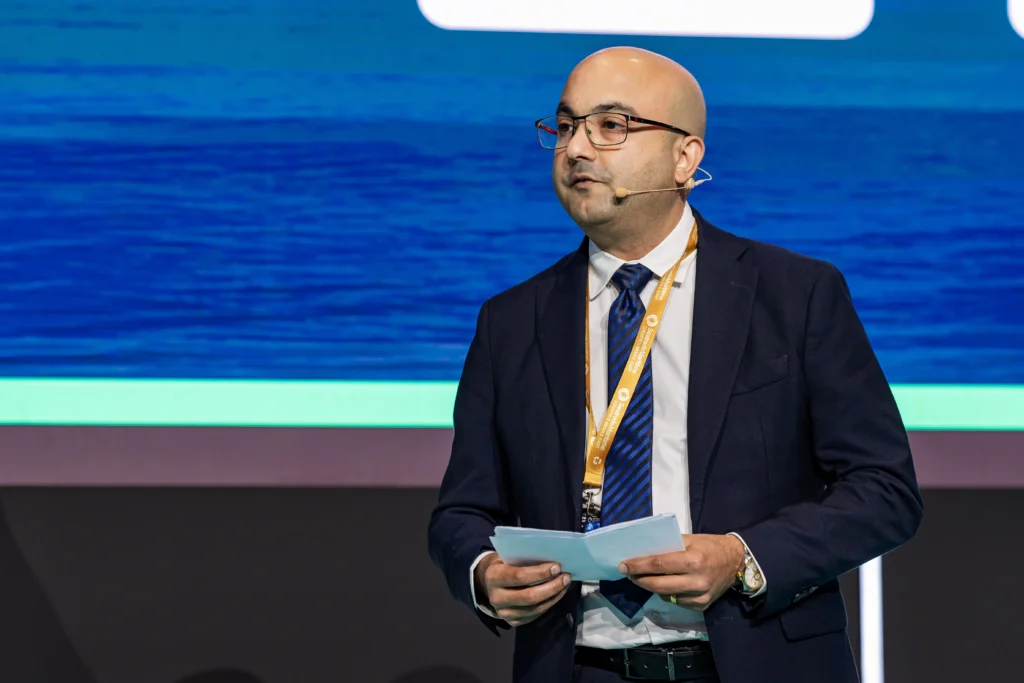
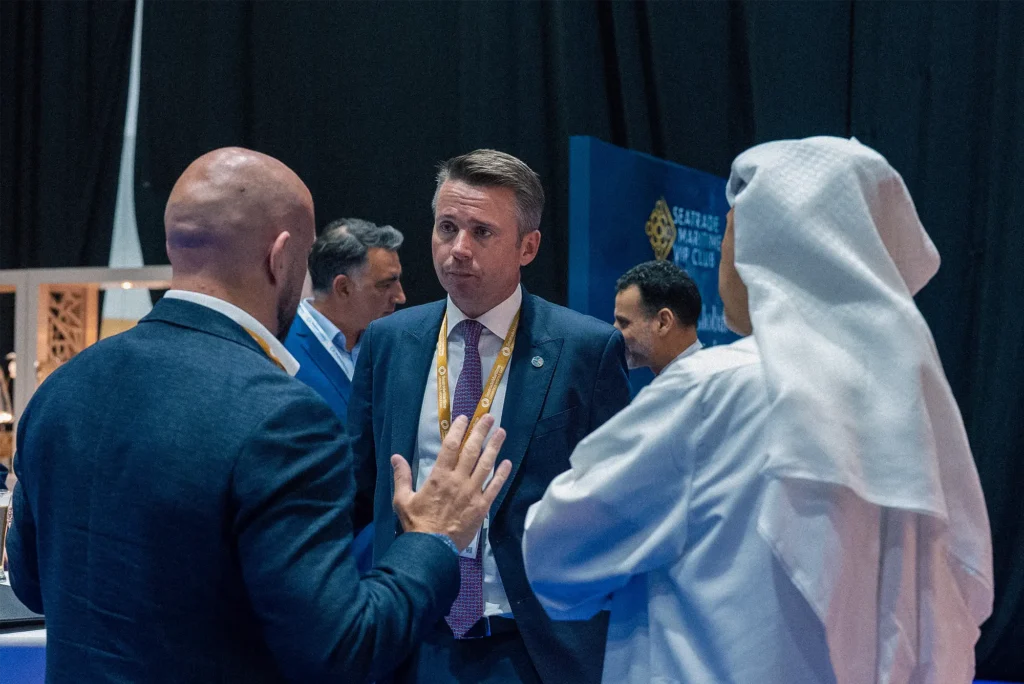
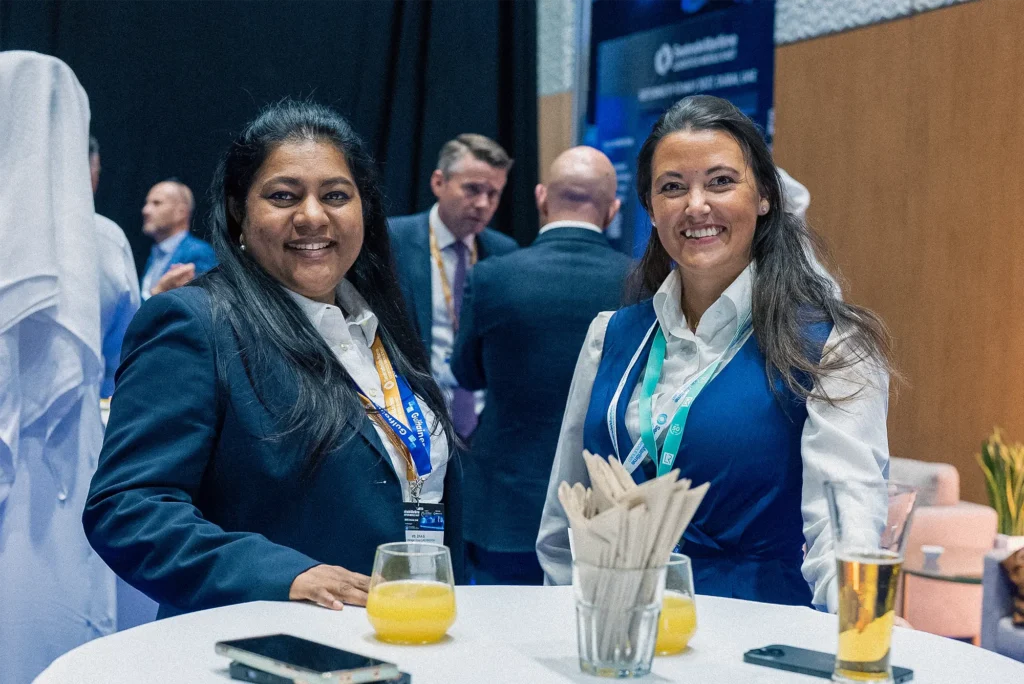
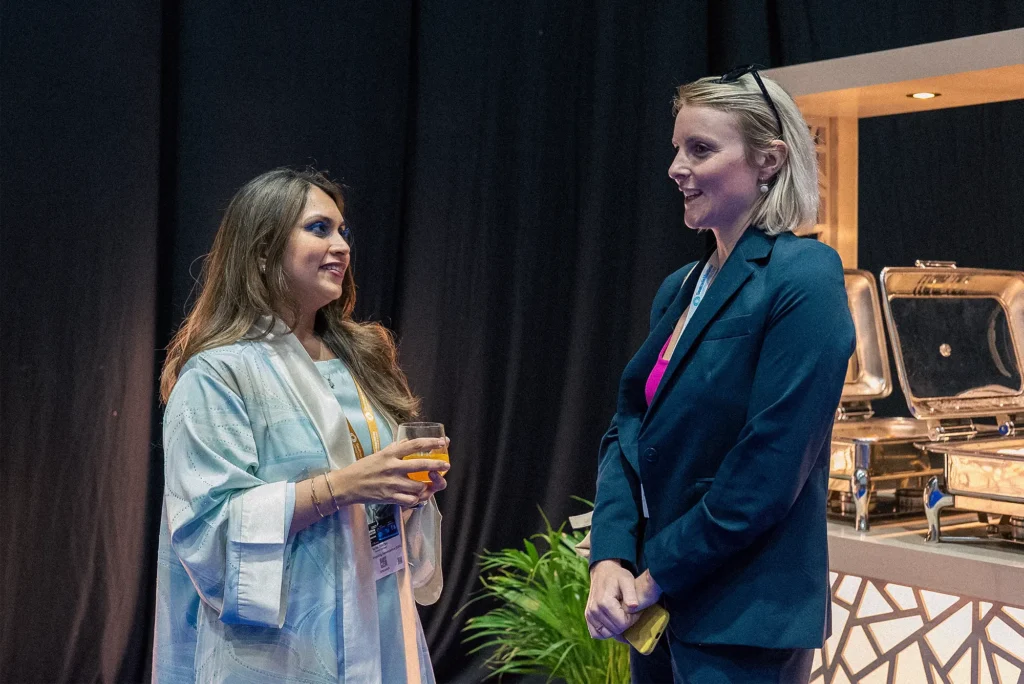
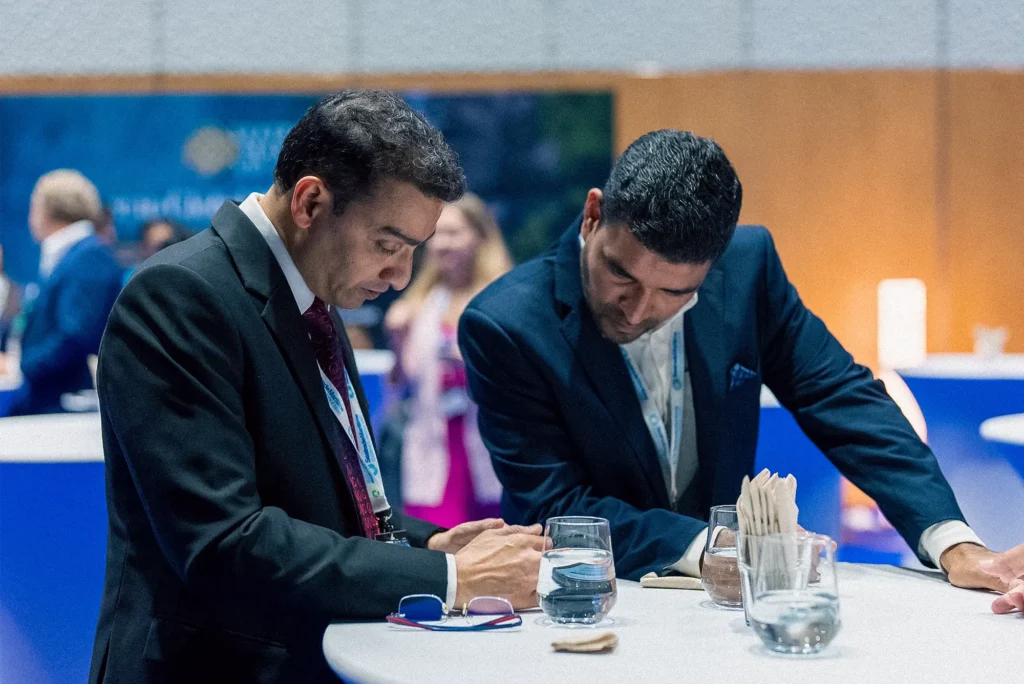
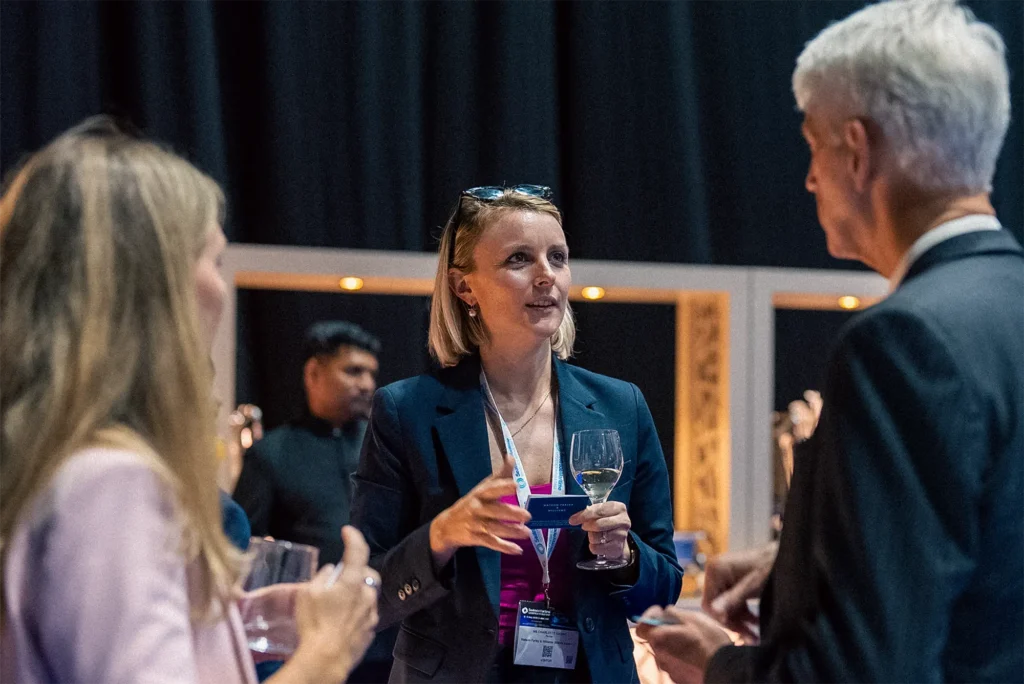
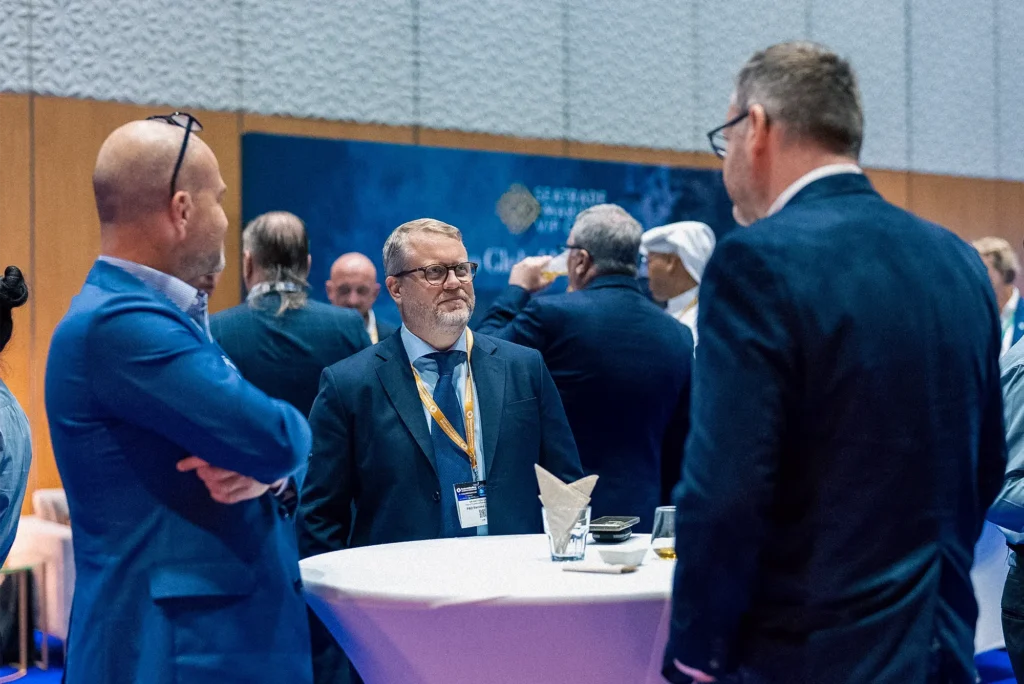
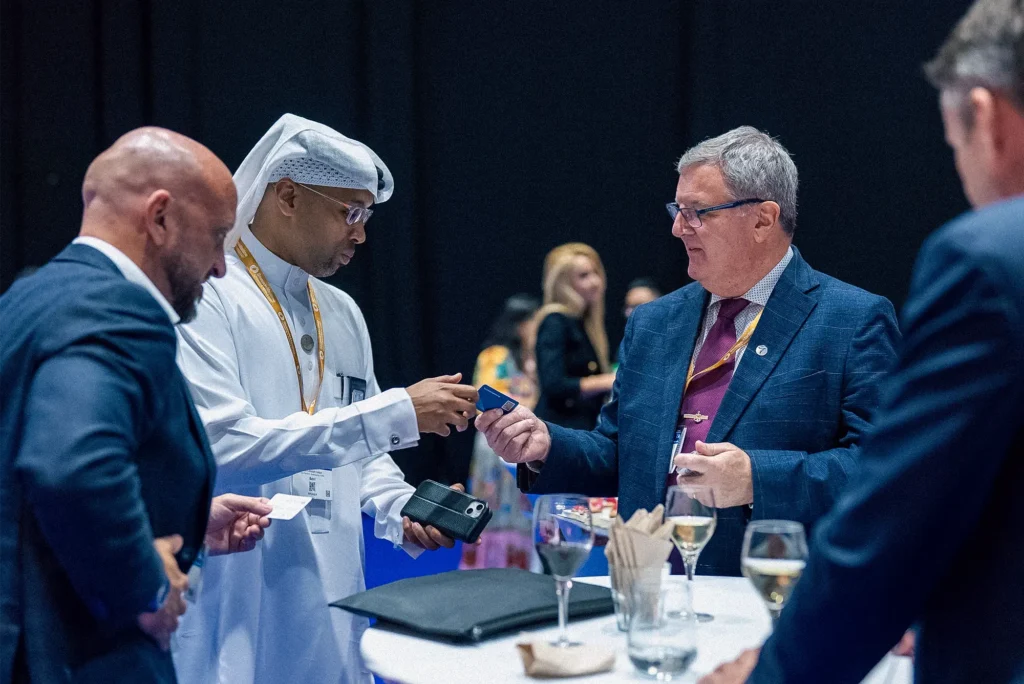
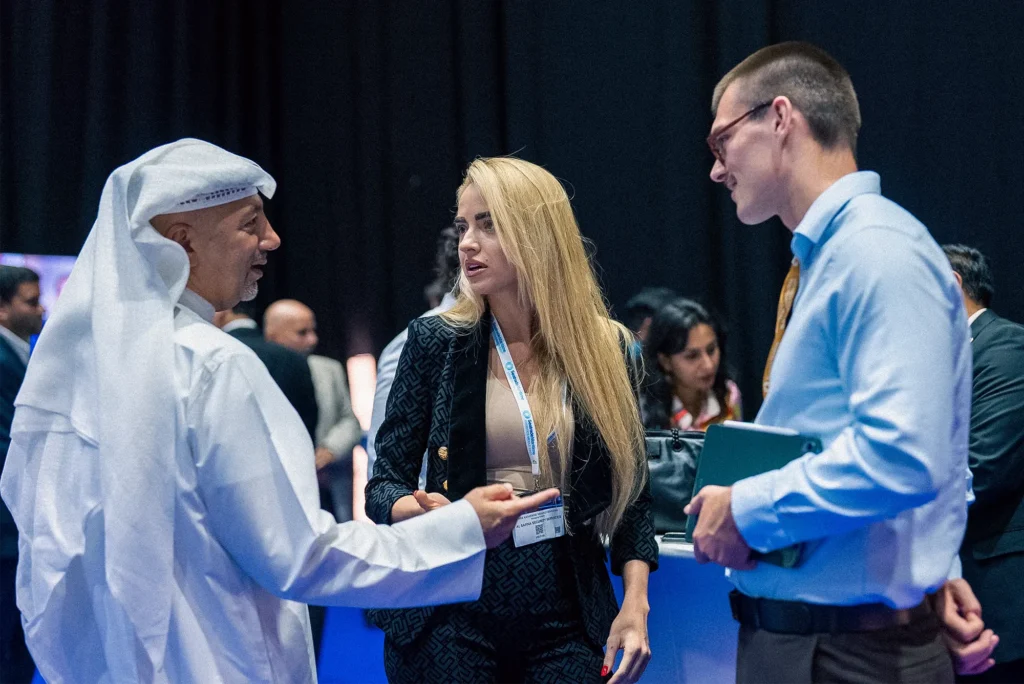
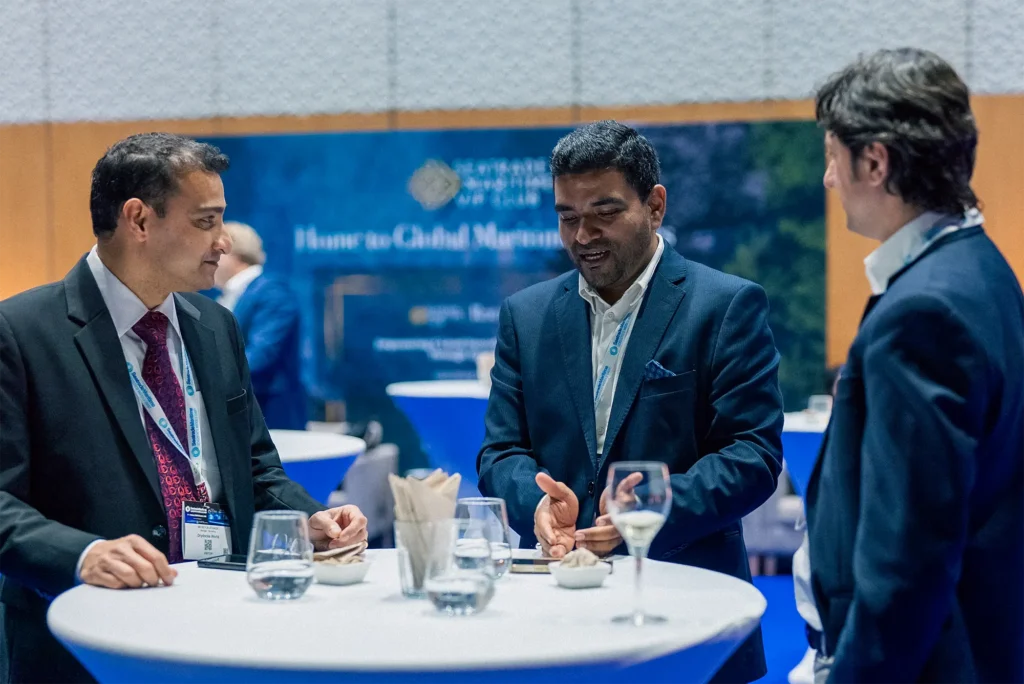

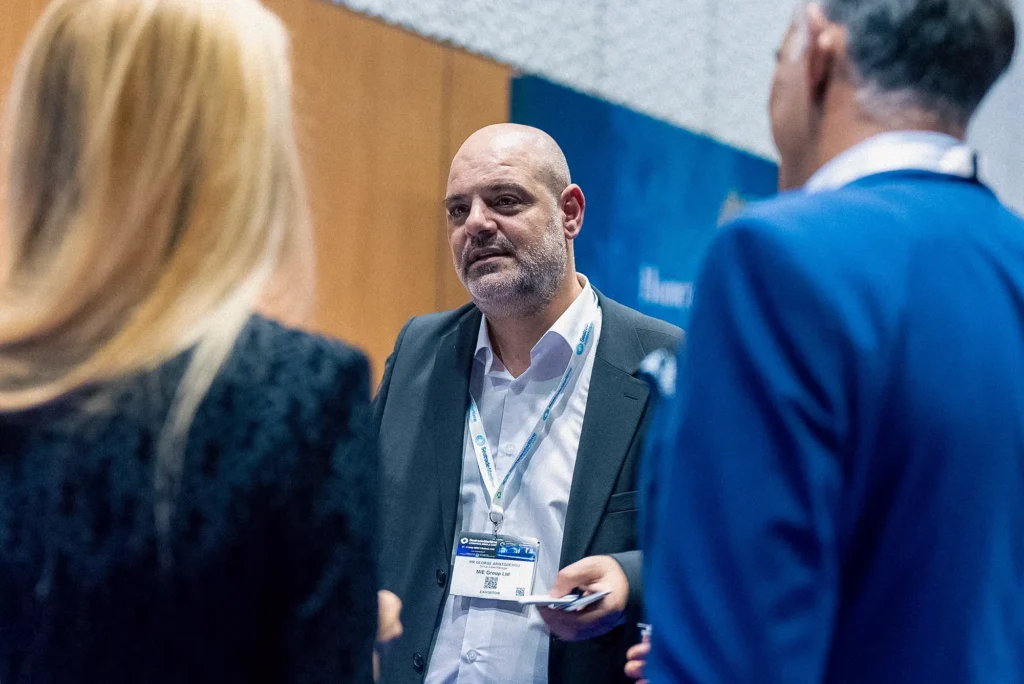
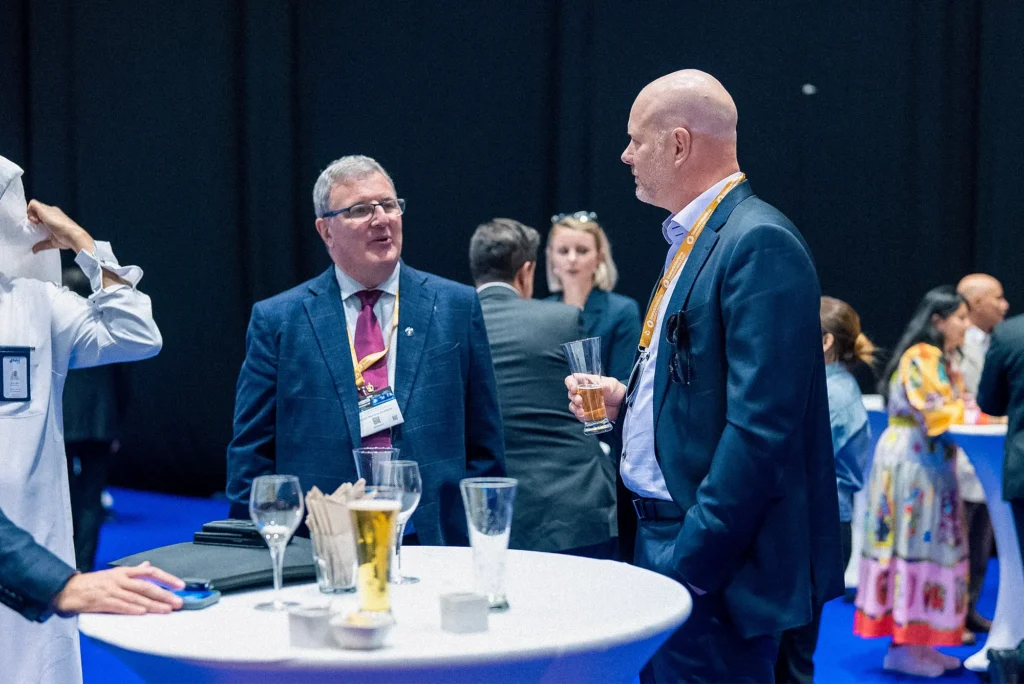
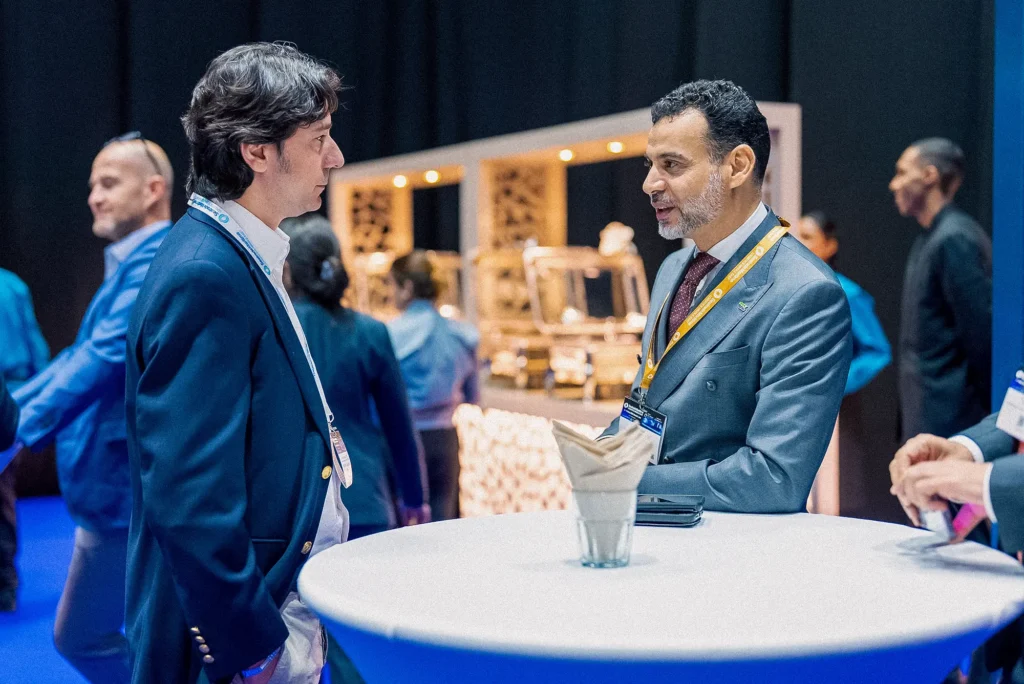
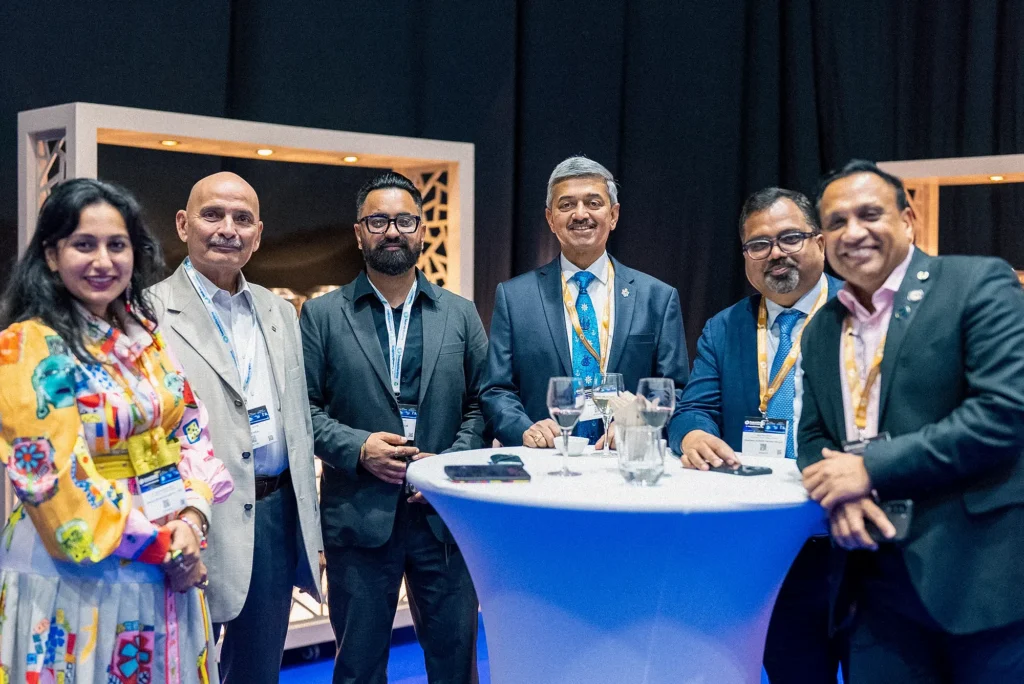
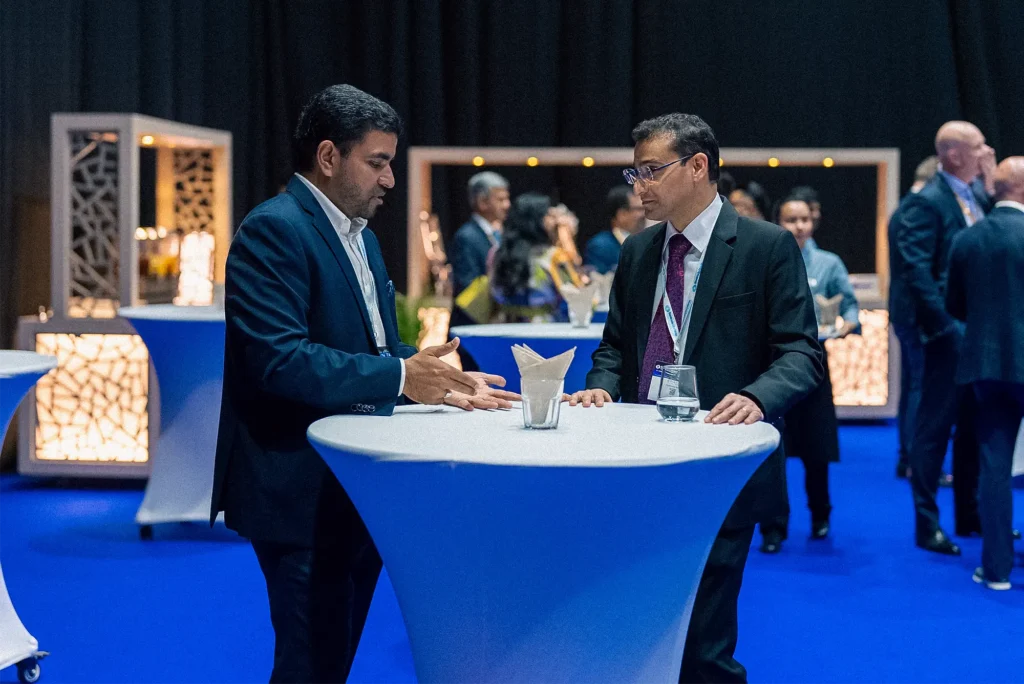
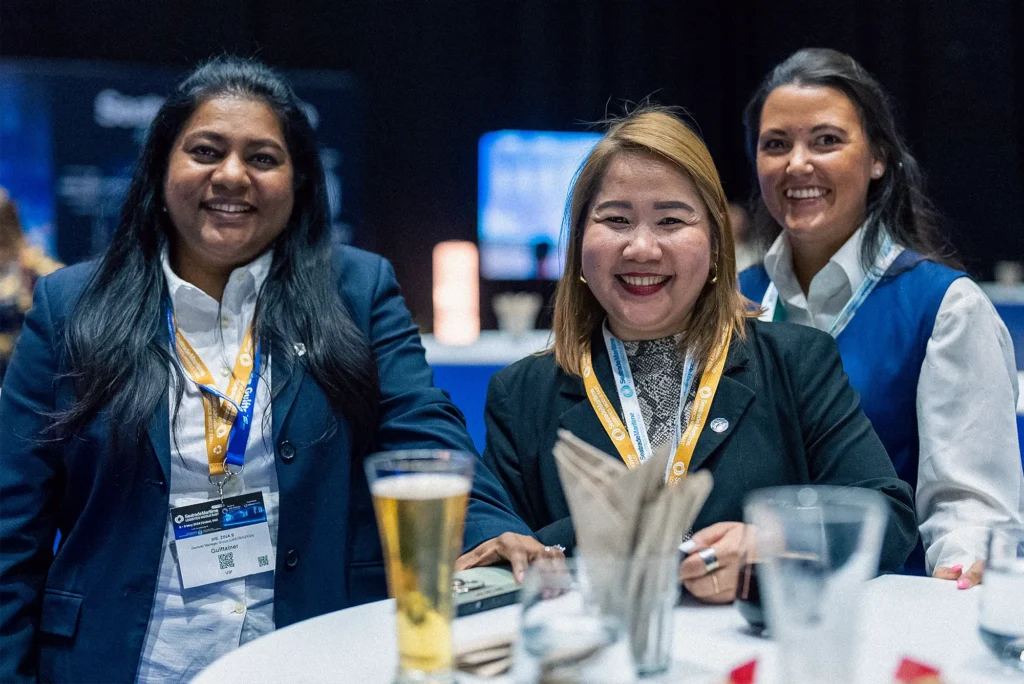
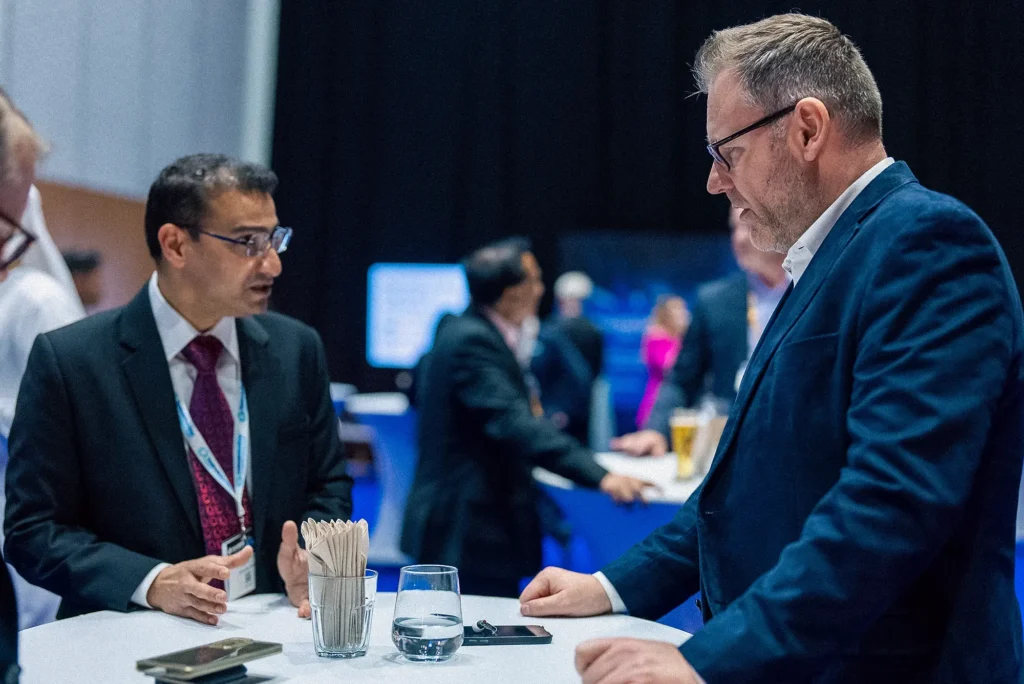
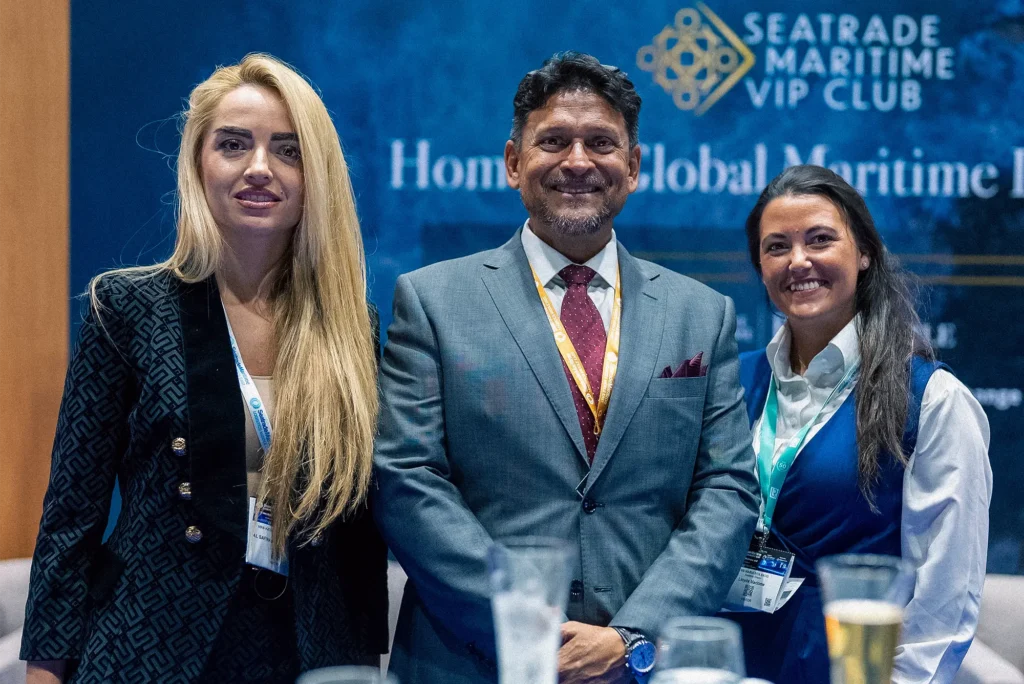
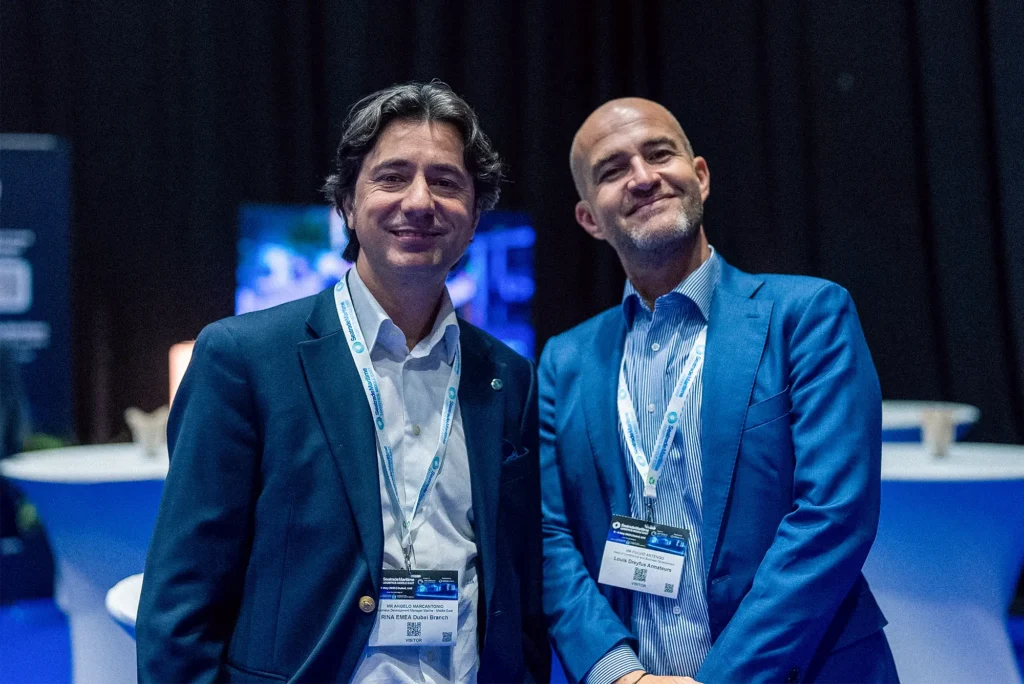
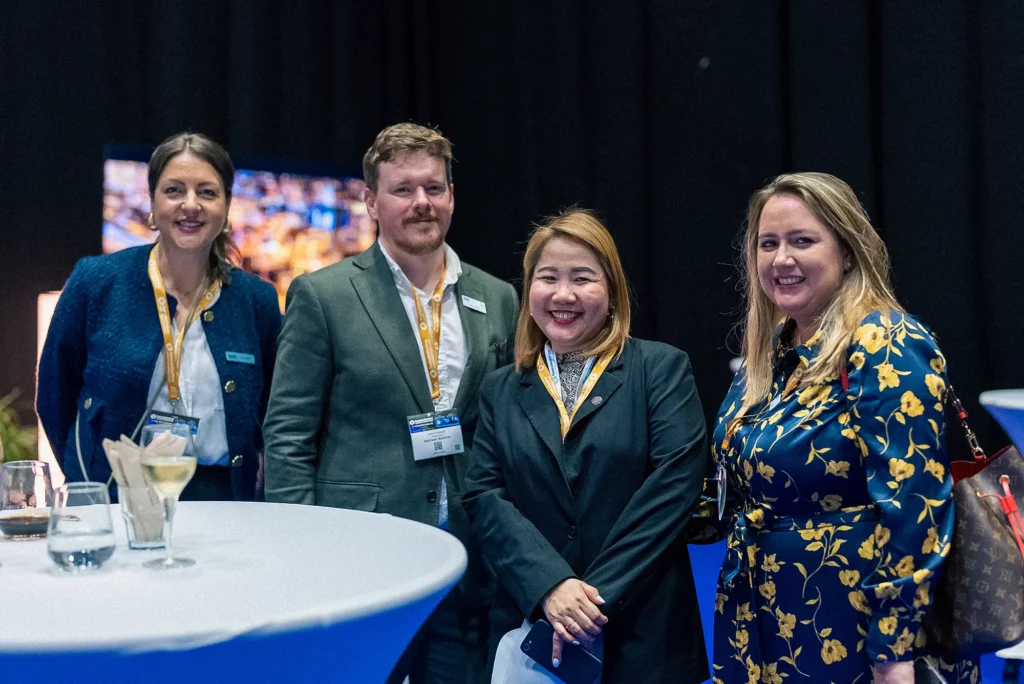
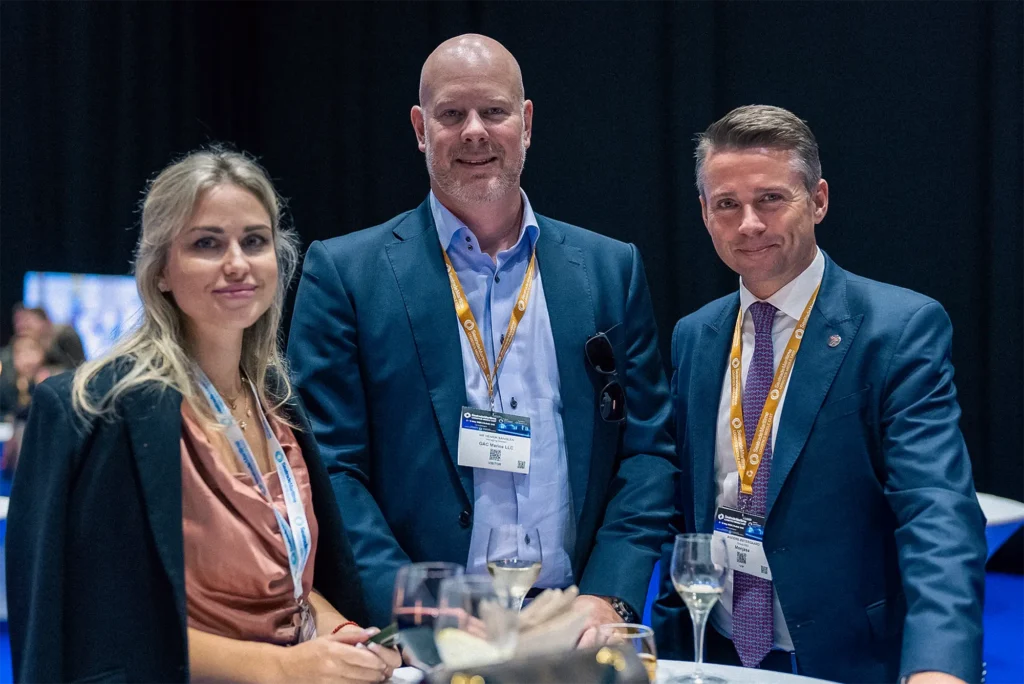
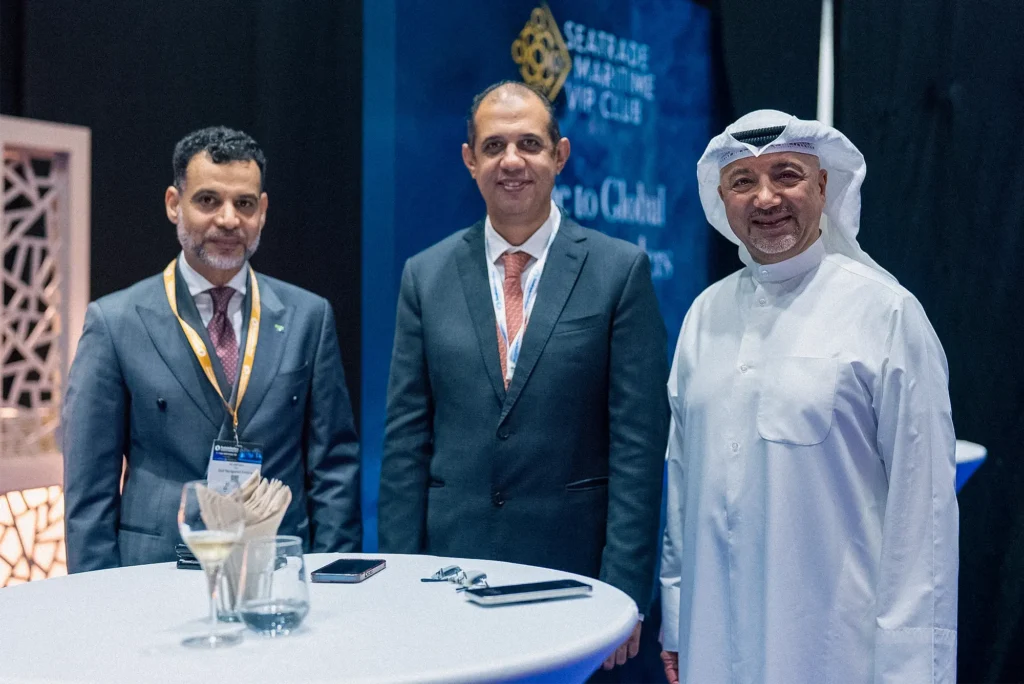
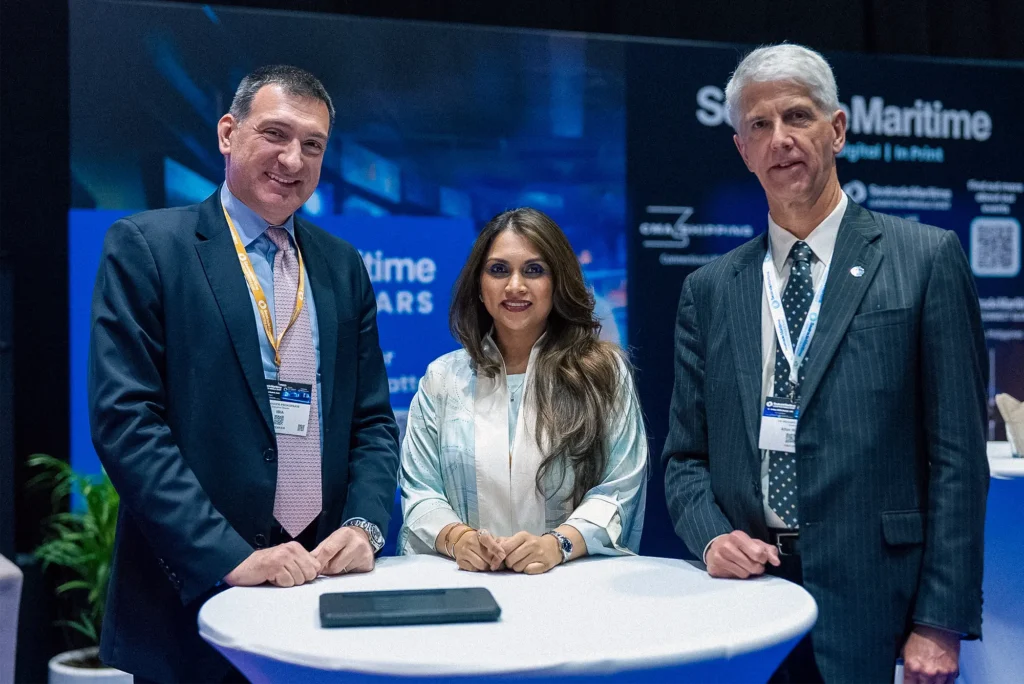
Press Enquiries
We are eager to provide you with more information. Please don’t hesitate to reach out.
